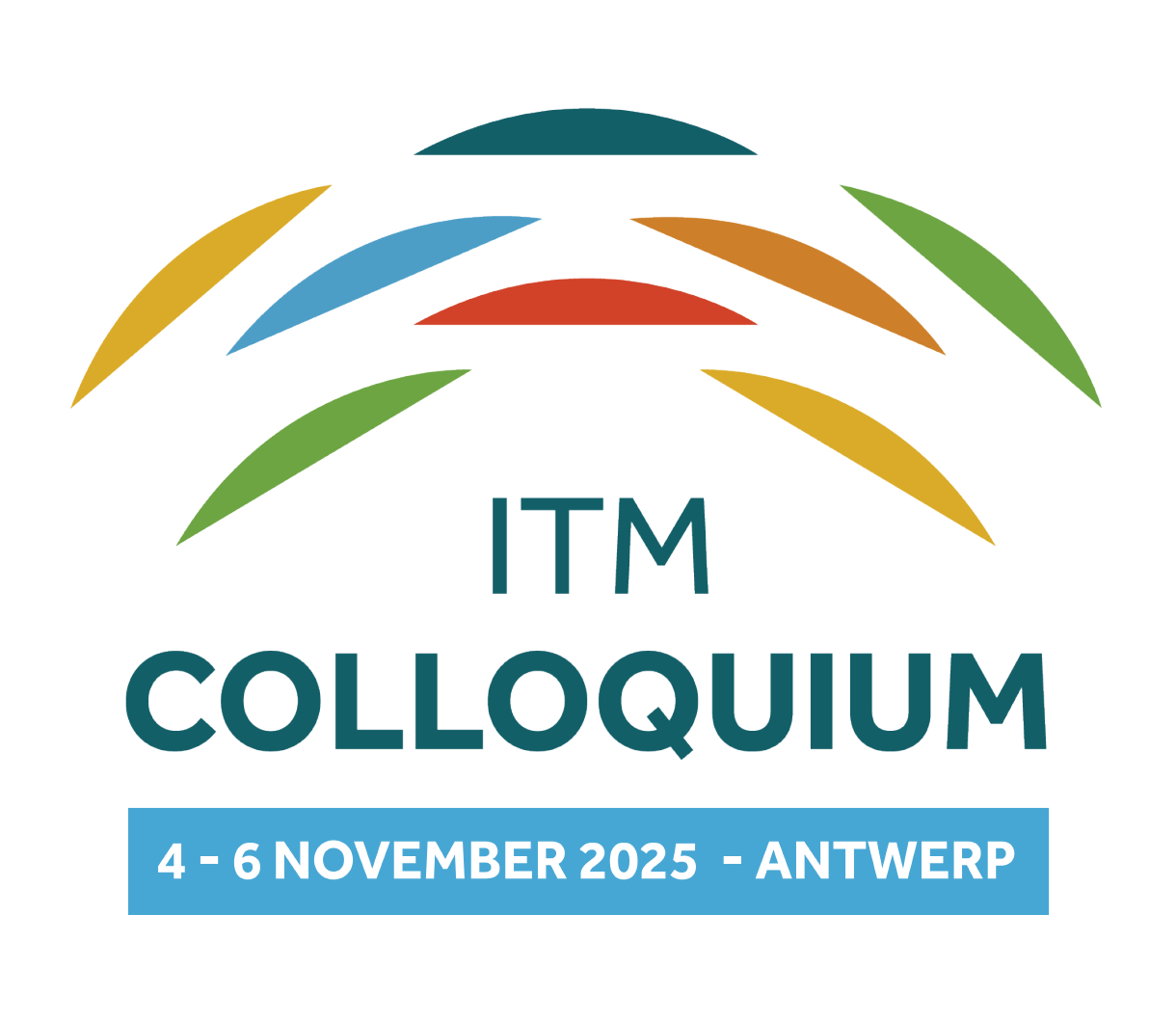

The Institute of Tropical Medicine (ITM) Antwerp is pleased to announce its upcoming colloquium on Innovations in Infectious Disease Research, uniting leading scientists, policymakers, healthcare practitioners and innovators from around the world to reflect on current challenges, explore transformative ideas, and stimulate open debate on the future of infectious disease research, prevention and control.
While tuberculosis (TB), malaria and neglected tropical diseases (NTDs) remain major global health challenges, emerging and re-emerging pathogens, such as viral hemorrhagic fevers, Mpox and zoonotic threats, continue to test the resilience of health systems worldwide. The persistent toll of HIV/AIDS, the global rise of sexually transmitted infections, and recurrent outbreaks of vaccine-preventable diseases further underscore the need for integrated, inclusive, and forward-thinking approaches. These health threats do not exist in isolation; they intersect with poverty, inequity, climate change, urbanisation, and migration, requiring a collective reexamination of our research priorities and public health responses.
Compounding these challenges is the accelerating spread of antimicrobial resistance (AMR), which threatens to undermine decades of progress. While the importance of antimicrobial stewardship is widely acknowledged, the practical pathways to achieving global accountability, sustainable innovation, and equitable access remain open for discussion.
This colloquium will provide a platform not only to present innovations but also to critically examine their relevance, scalability, and sustainability across different contexts. Structured around six dynamic plenary and two non-plenary sessions, we invite researchers, practitioners, and stakeholders from all disciplines and sectors to join us for this timely colloquium. Through evidence, dialogue, and exchange, we seek to co-create a roadmap for infectious disease research and policy that is as inclusive as it is innovative.
We look forward to welcoming you in Antwerp!
Best regards,
The Scientific Committee of the 2025 ITM Colloquium
The deadline to attend in person has passed, but you can still join us online. Engage in ground-breaking exchanges on a more inclusive and resilient future of infectious disease research, prevention and control. You don't want to miss this!
Attendance to the event is free of charge, but registration is mandatory.
Deadline in-person attendance: 23 October 2025
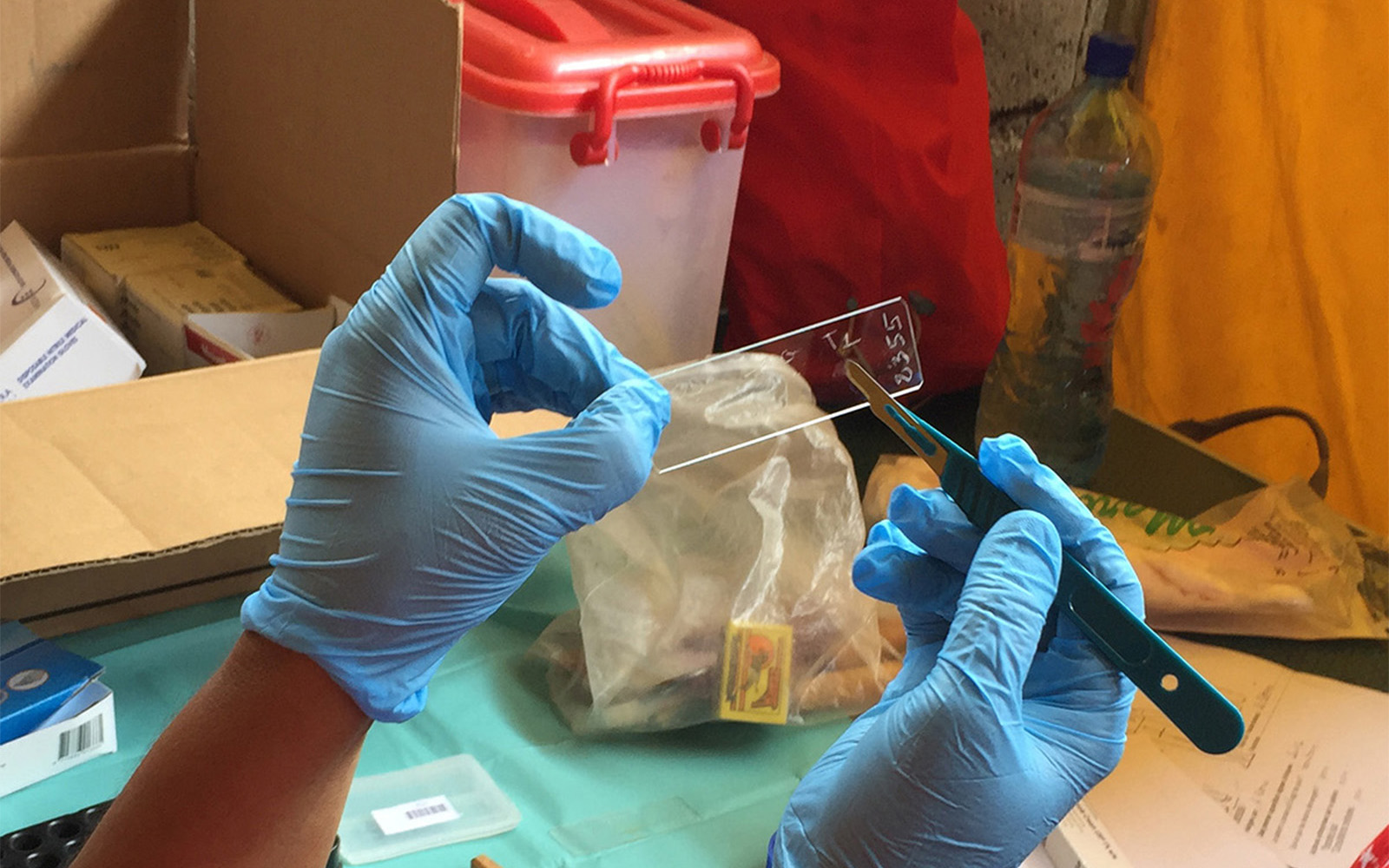
With infectious diseases continuing to challenge global health systems, this event will serve as a vital platform for knowledge exchange and collaboration across disciplines. The scientific programme is structured around six dynamic plenary sessions to which you can submit an abstract.
How can molecular tools, AI, and real-time data reshape early warning systems and response mechanisms? In this session, we will explore how molecular epidemiology, big data, AI, machine learning and spatial-temporal modelling are being leveraged for real-time outbreak preparedness and rapid response.
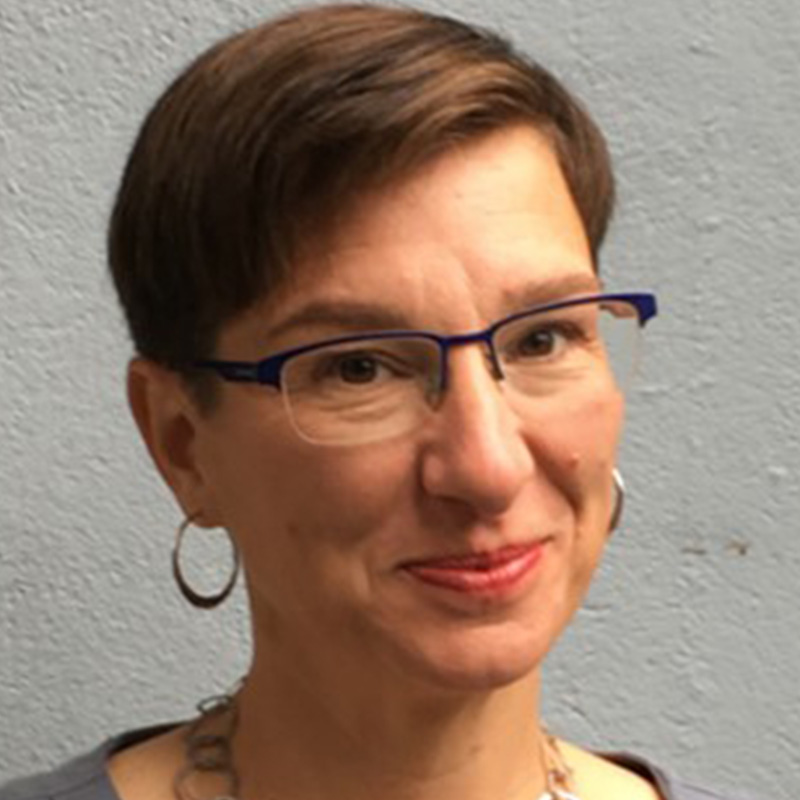
Institute of Tropical Medicine
(Belgium)
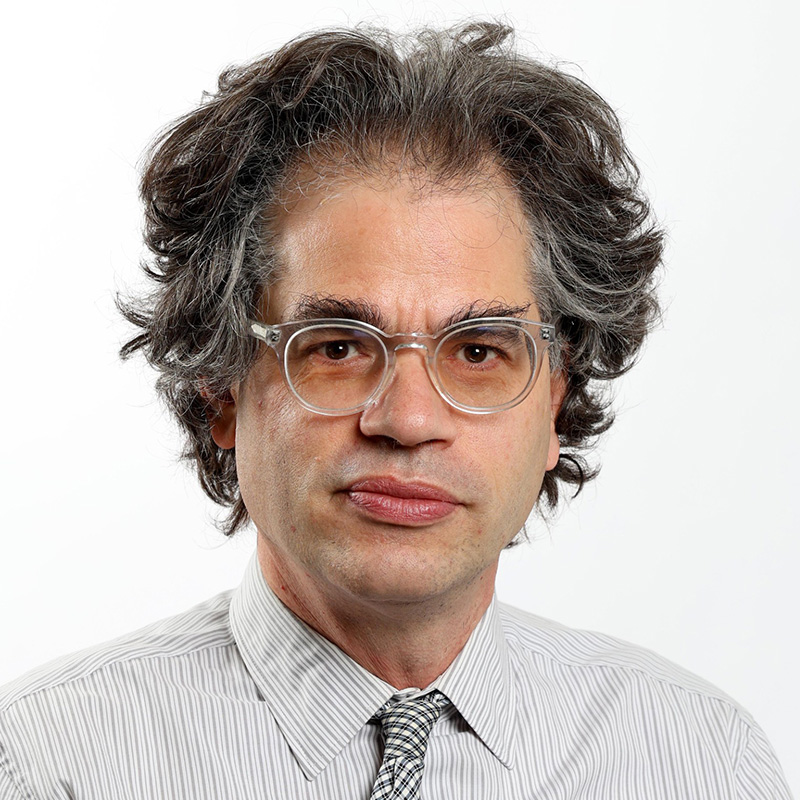
University of Toronto
(Canada)
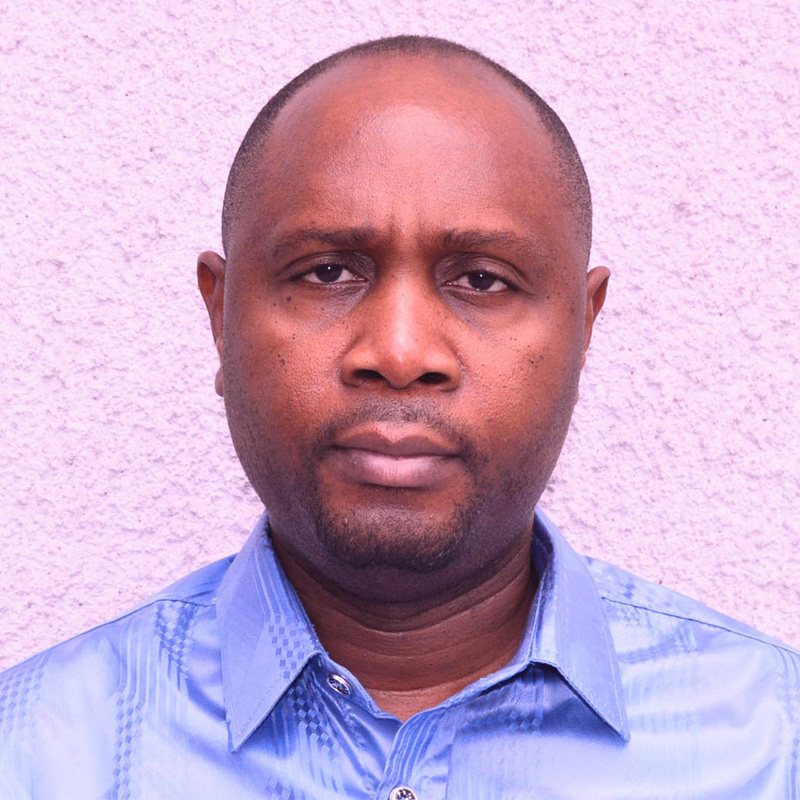
Institut National de Recherche Biomédicale (DRC)
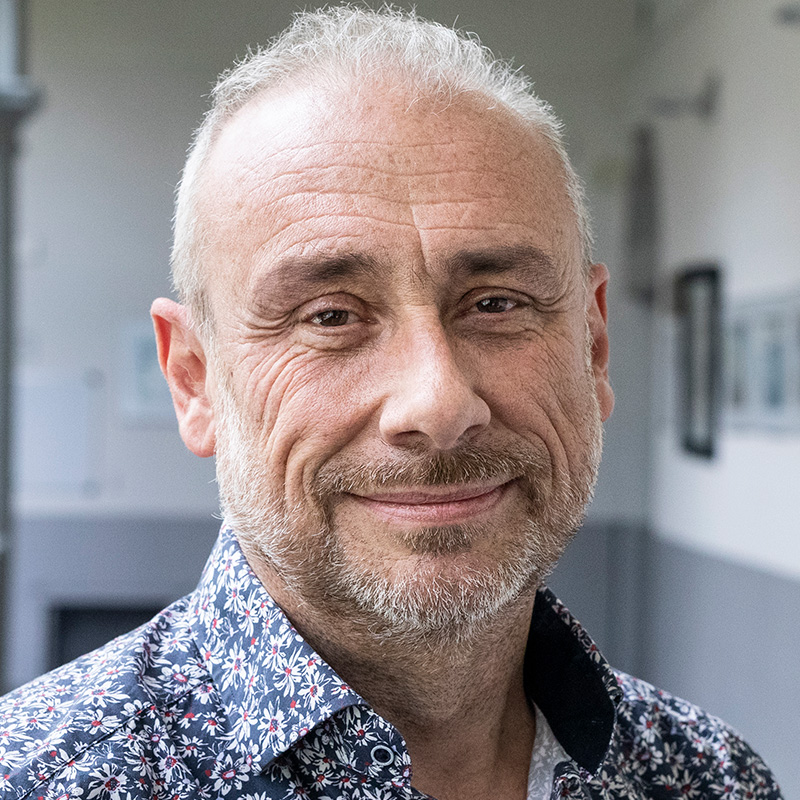
Institute of Tropical Medicine
(Belgium)
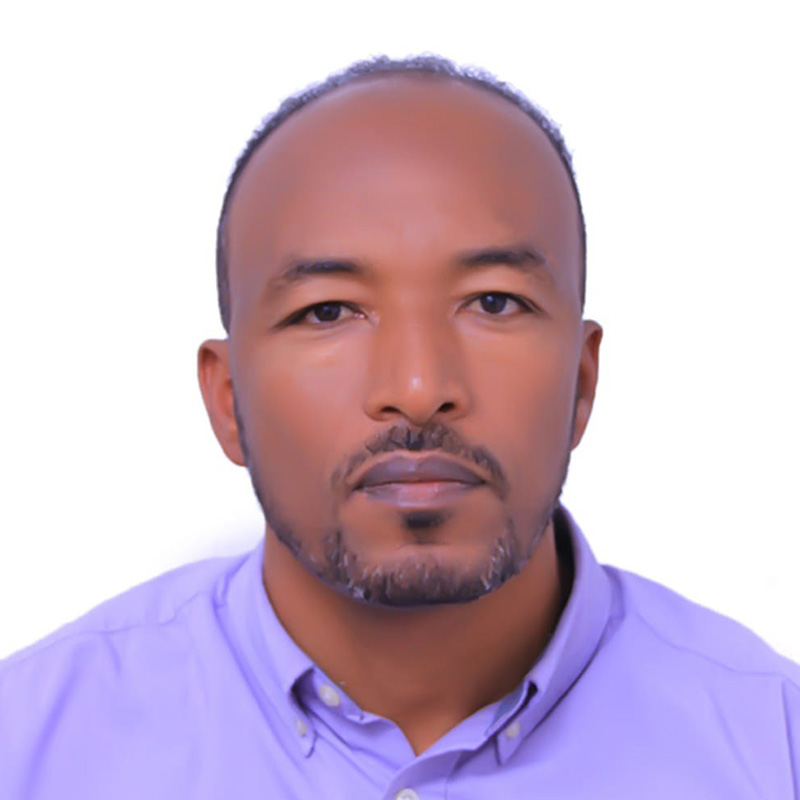
Ethiopian Public Health Institute
(Ethiopia)

Benin Health Ministry
(Benin)

University of Toronto
(Canada)
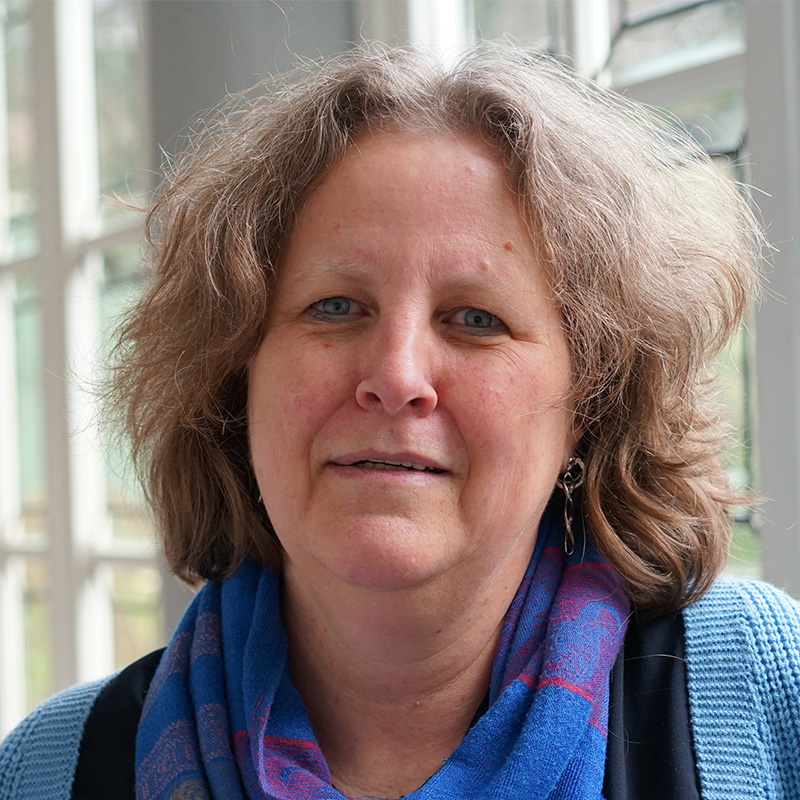
Institute of Tropical Medicine
(Belgium)

Institute of Human Virology
(Nigeria)
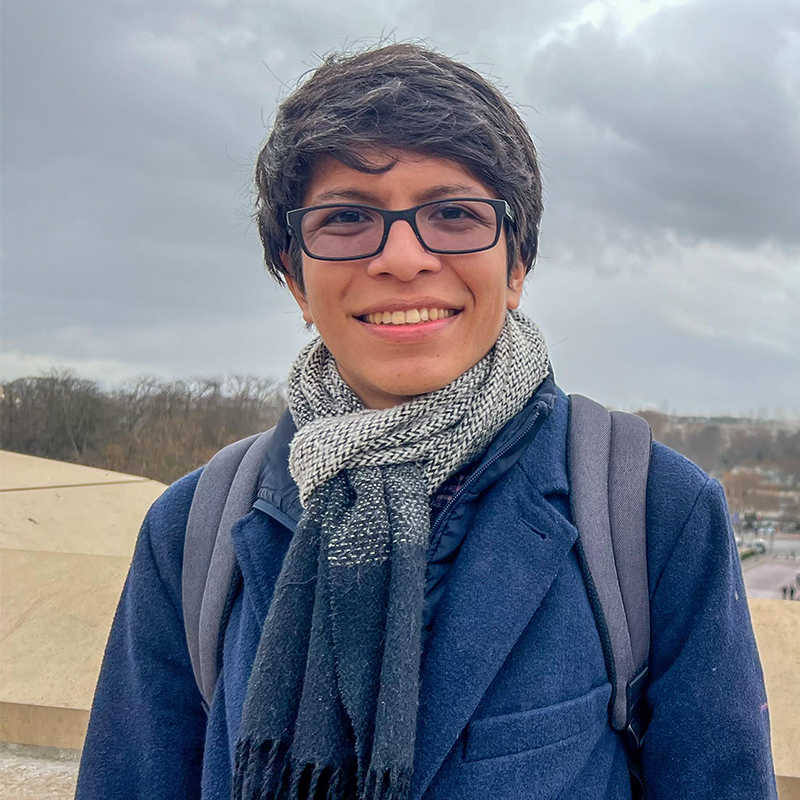
Instituto de Medicina Tropical Alexander von Humboldt
(Peru)
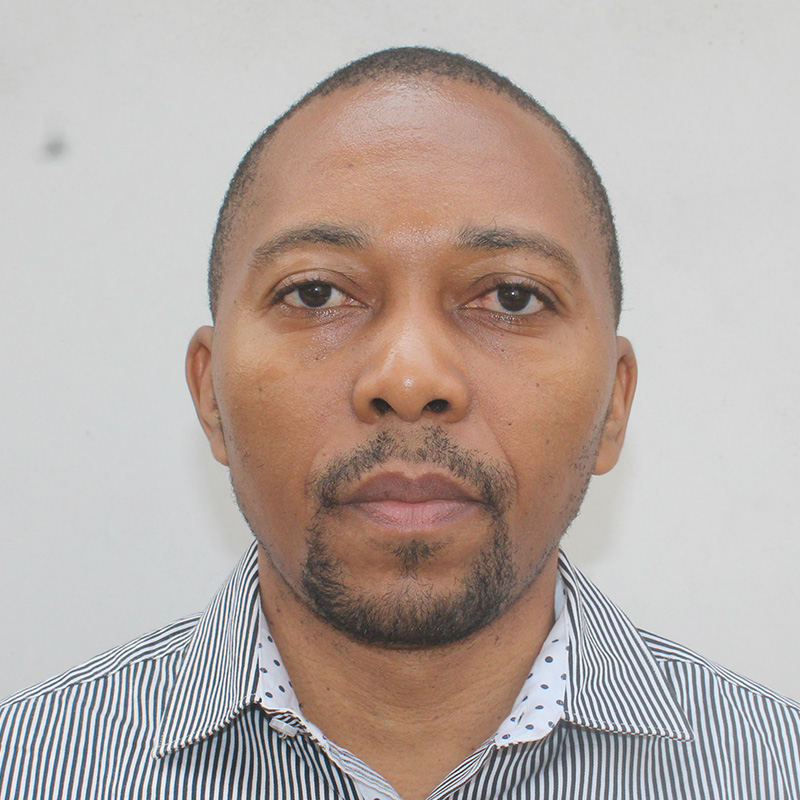
Institut National de Recherche Biomédicale (DRC)
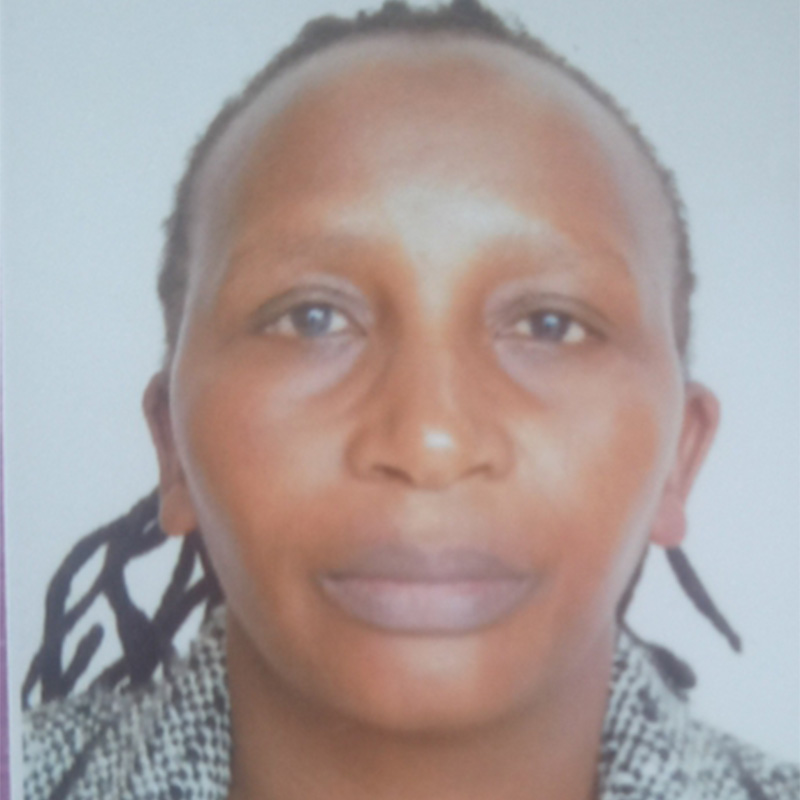
Directorate of Veterinary Services
(Kenya)
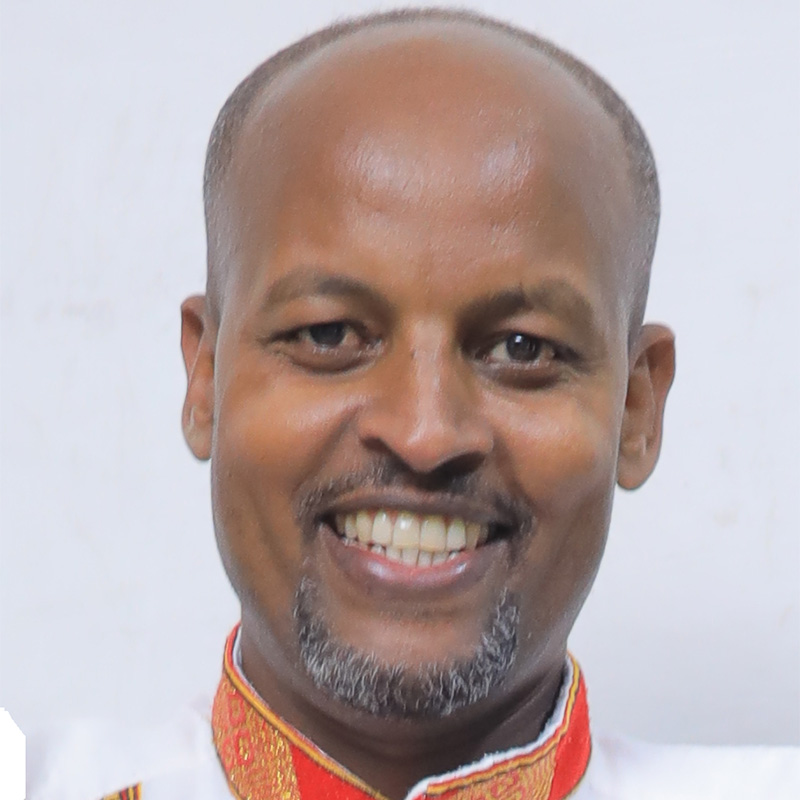
Ethiopian Public Health Institute
(Ethiopia)

Institut National de Recherche Biomédicale (DRC)
What role does local knowledge and behavioral insight play in long-term disease control? In this session, we will highlight innovative social science approaches that drive inclusive disease prevention and promote sustained behavioural change.
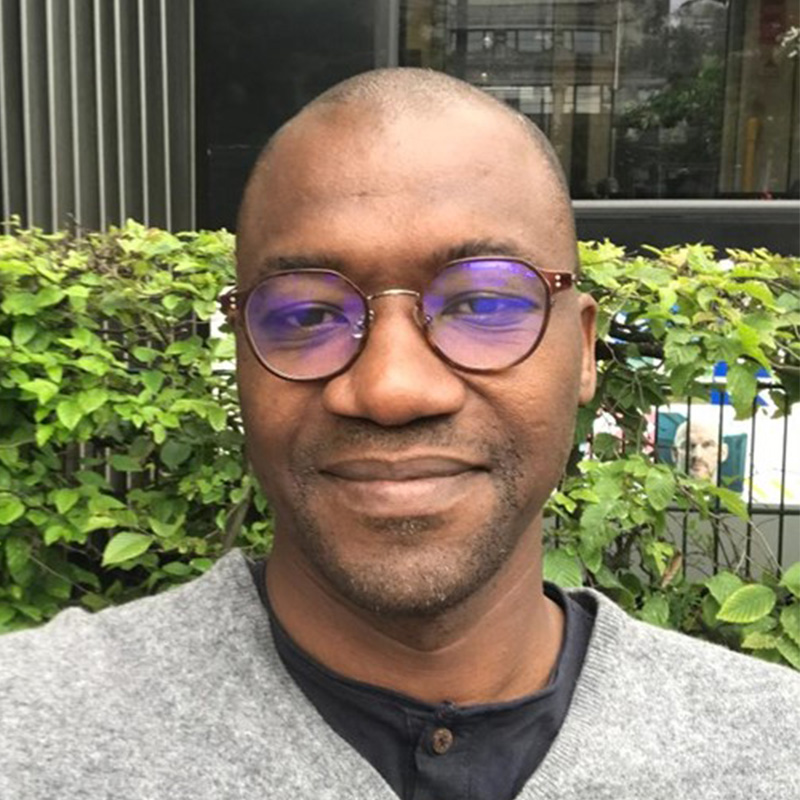
Université Lédea Bernard Ouedraogo of Ouahigouya
(Burkina Faso)
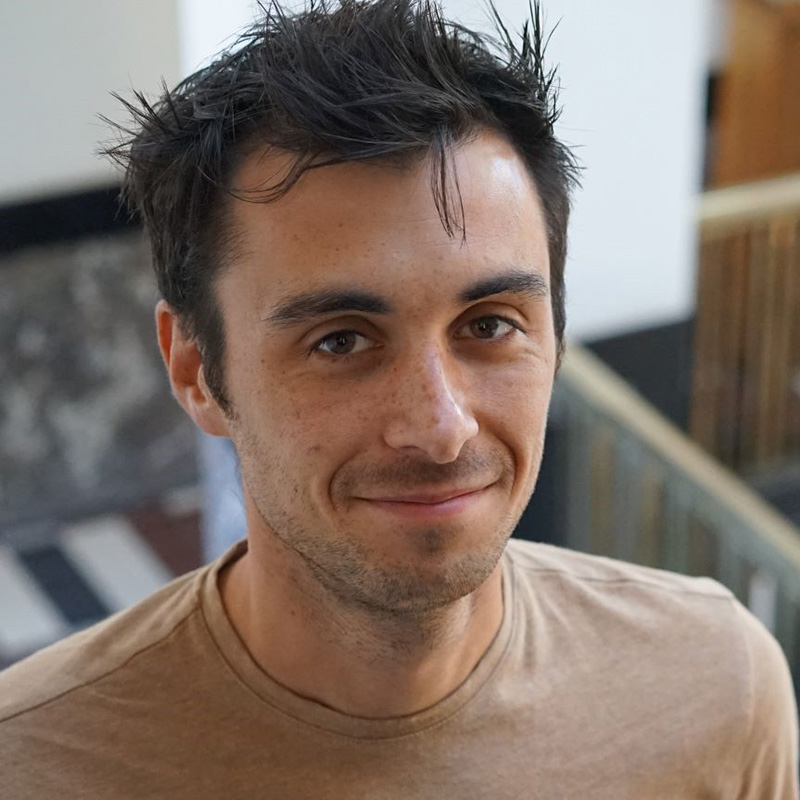
Institute of Tropical Medicine
(Belgium)
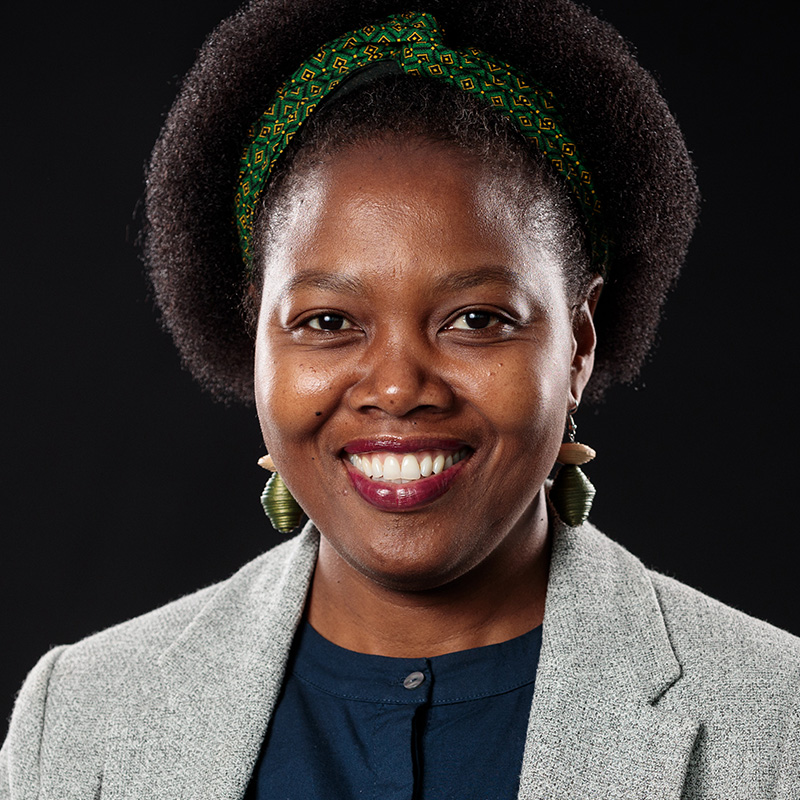
Centre for Sexual Health and HIV AIDS Research (Zimbabwe)
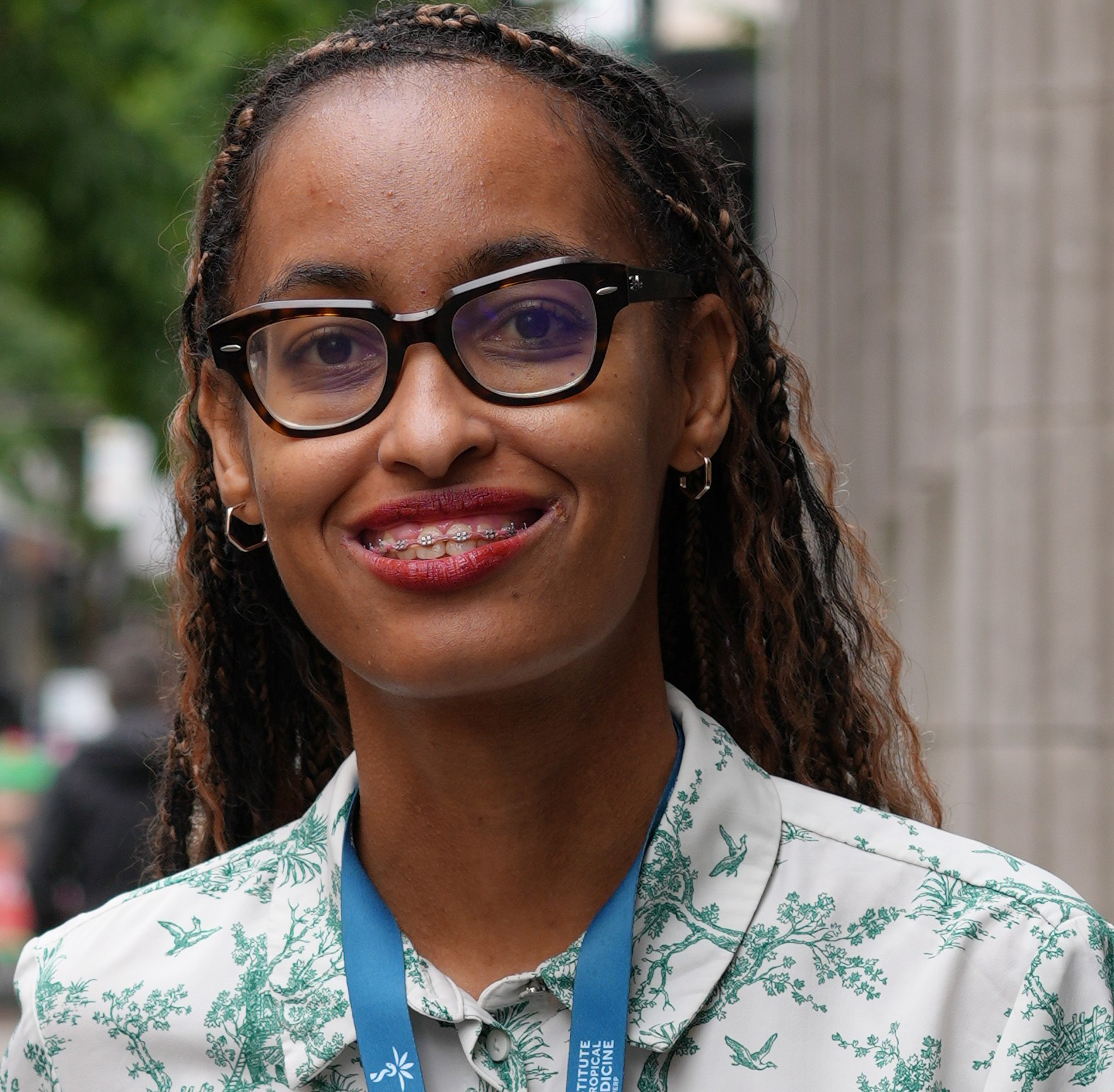
Fundaçao Aurum
(Mozambique)
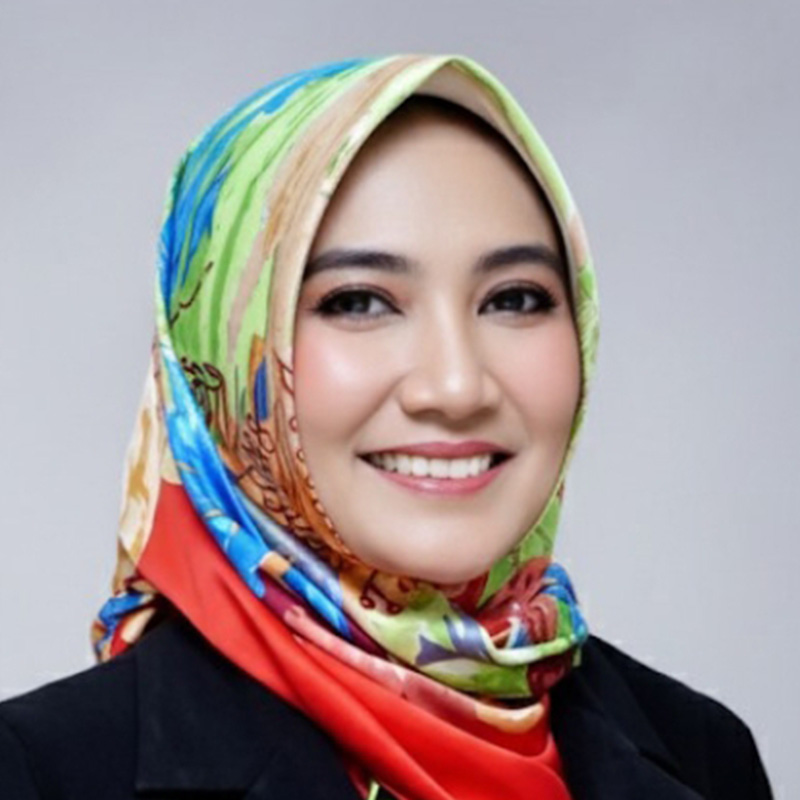
Universitas Sebelas Maret (UNS)
(Indonesia)

Environmental Health Council of Nigeria (Nigeria)
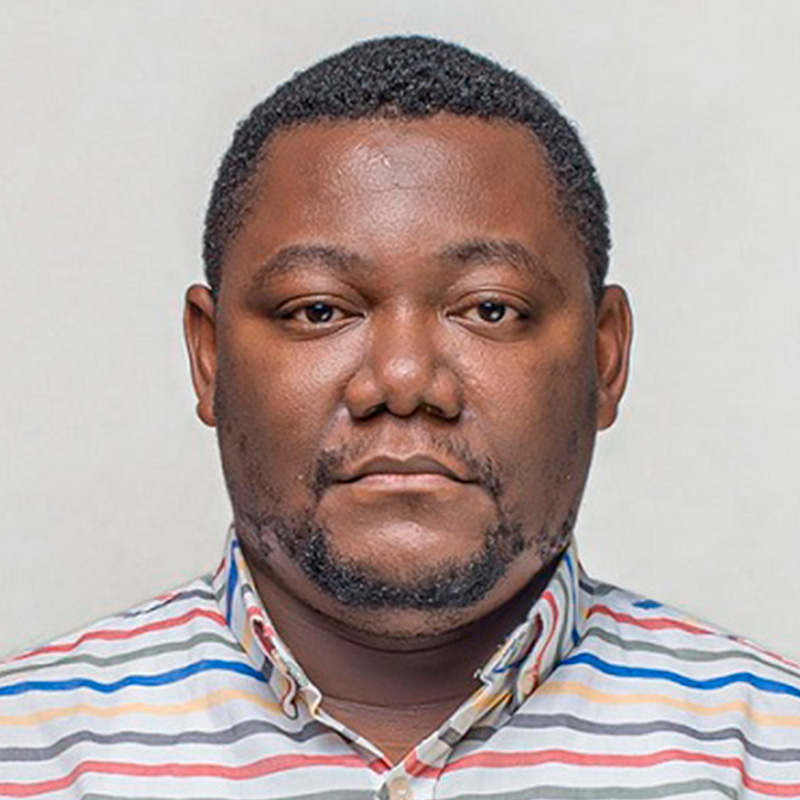
University of Kinshasa
(DRC)
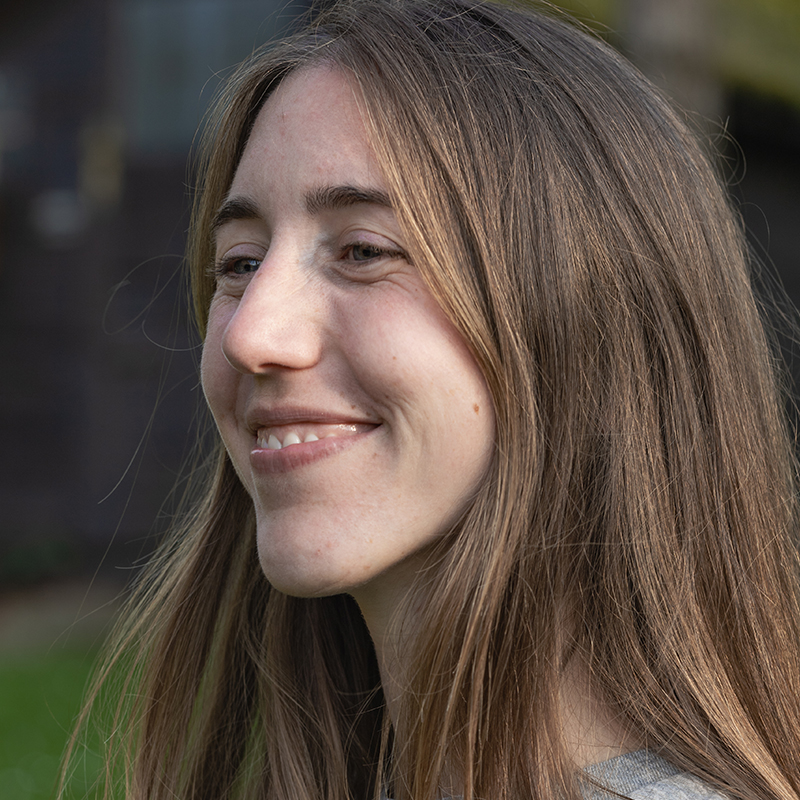
KU Leuven
(Belgium)
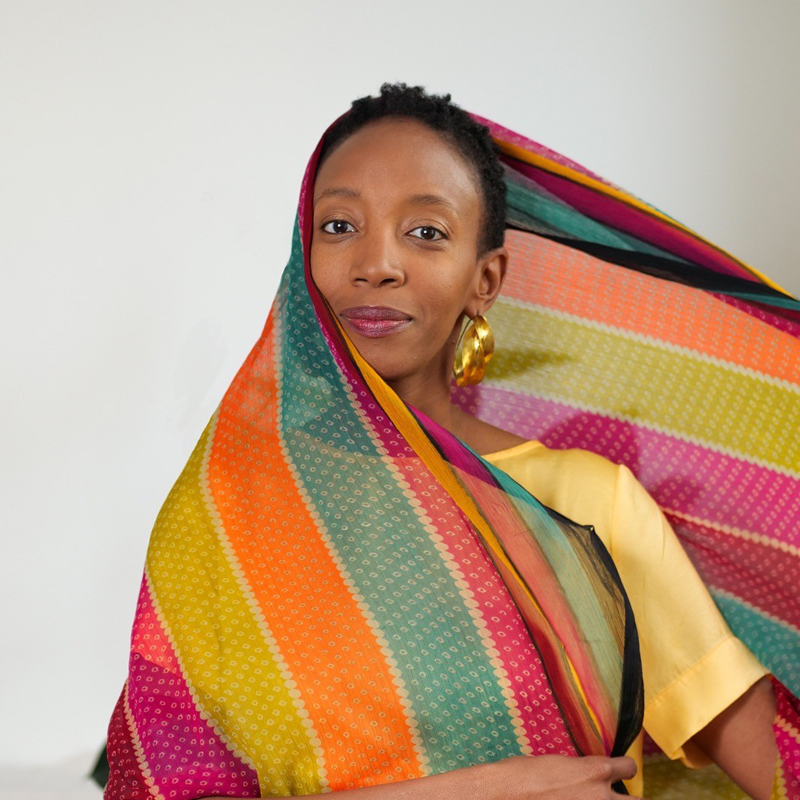
KU Leuven
(Belgium)
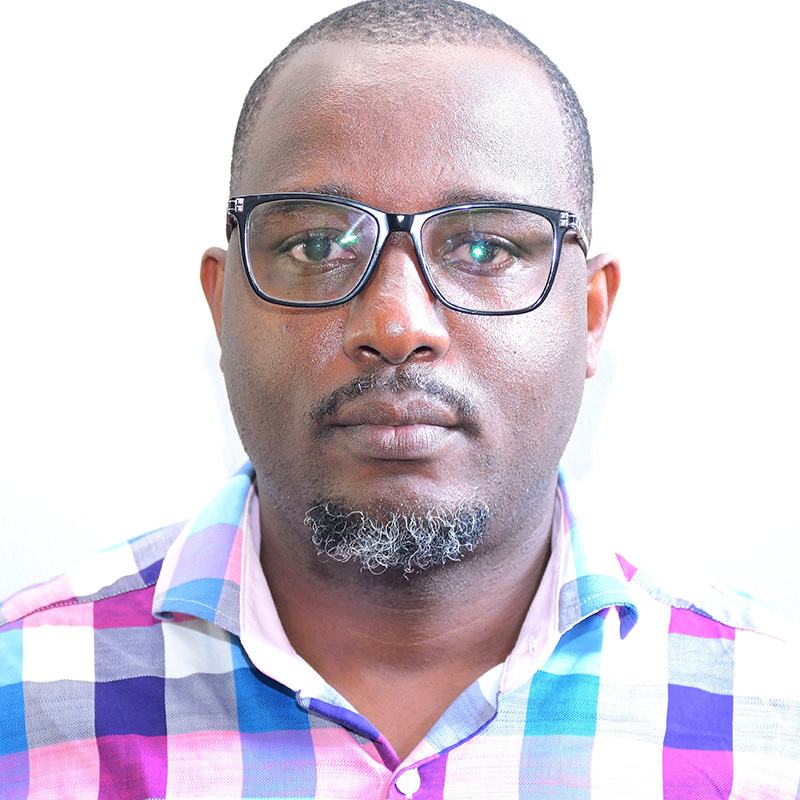
National Tuberculosis and Leprosy Control Programme, MoH
(Uganda)
How can we better operationalise the human-animal-environment interface in practice? In this session, we will address integrated vector management (IVM) with eco-friendly approaches, combined with surveillance systems that connect human, animal and environmental health. We'll also explore new developments in control management, including zoonotiv and vector-borne diseases.
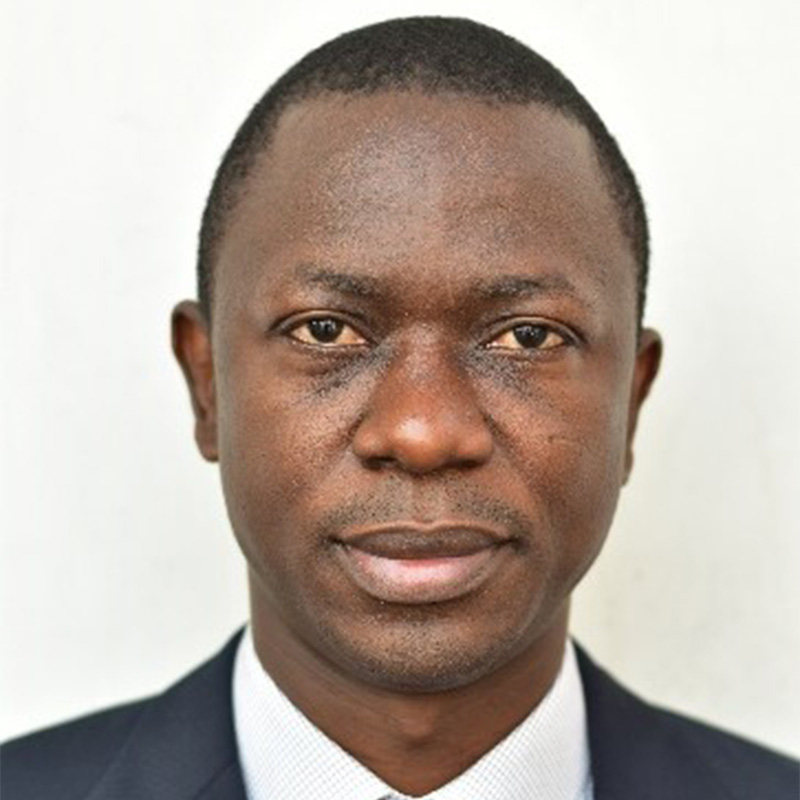
Institut National de Recherche Biomédicale (DRC)
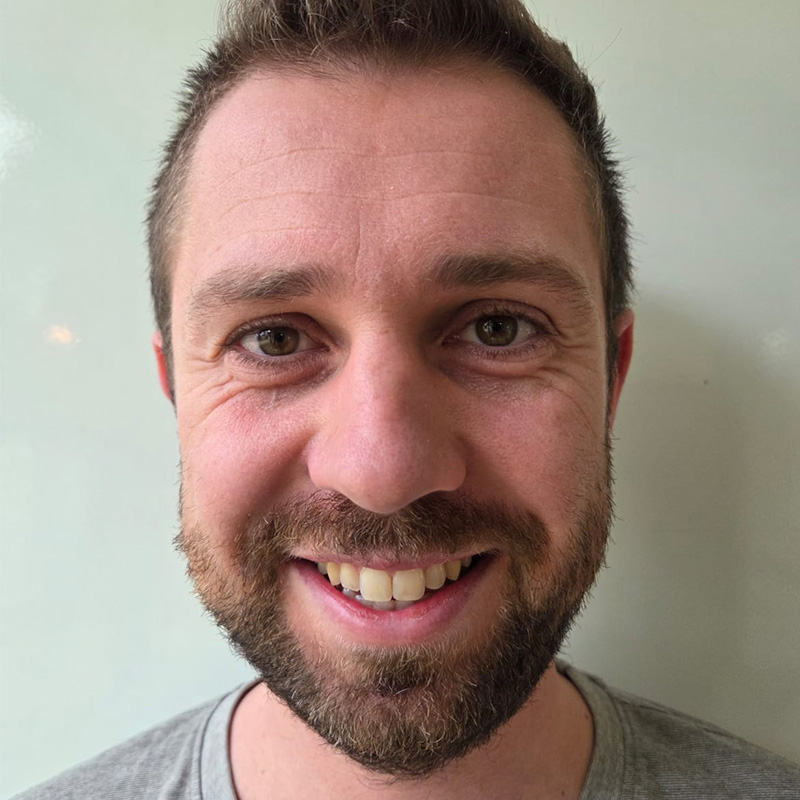
Institute of Tropical Medicine
(Belgium)
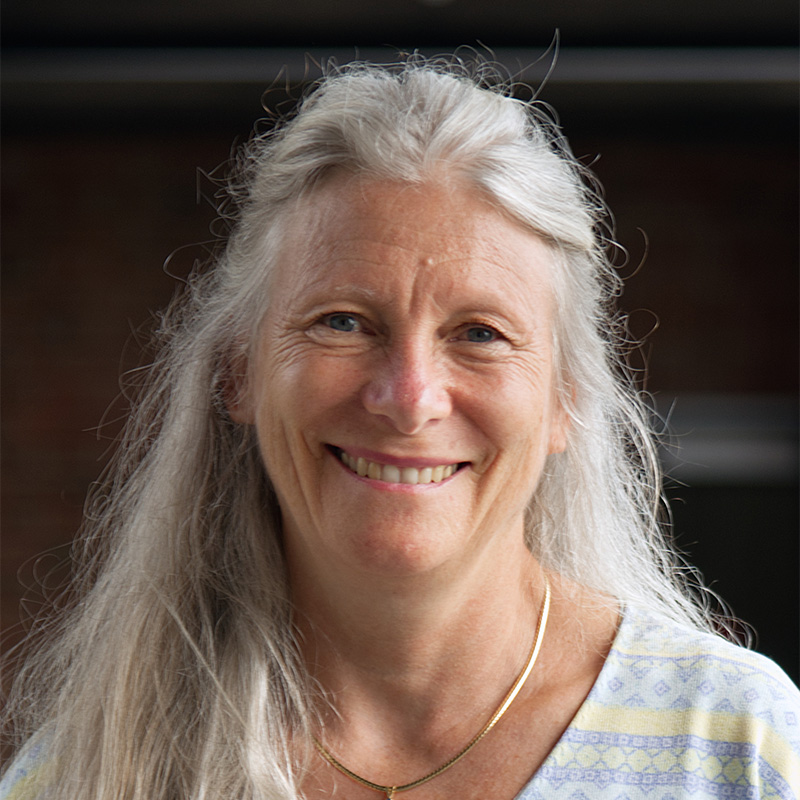
Bernhard Nocht Institute for Tropical Medicine (Germany)
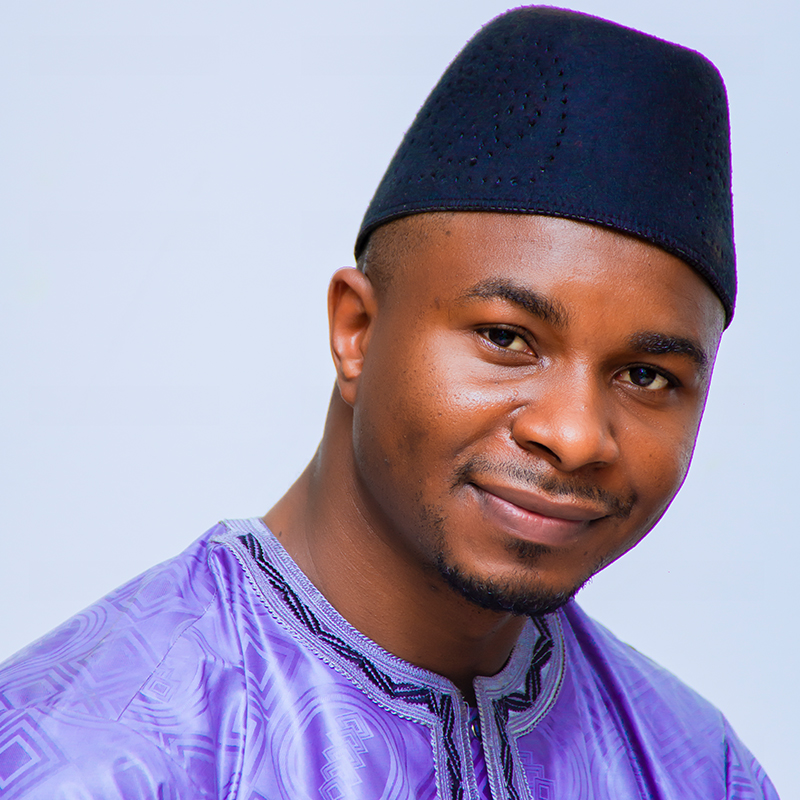
Centre National de Formation et de Recherche en Santé Rurale
(Guinea)
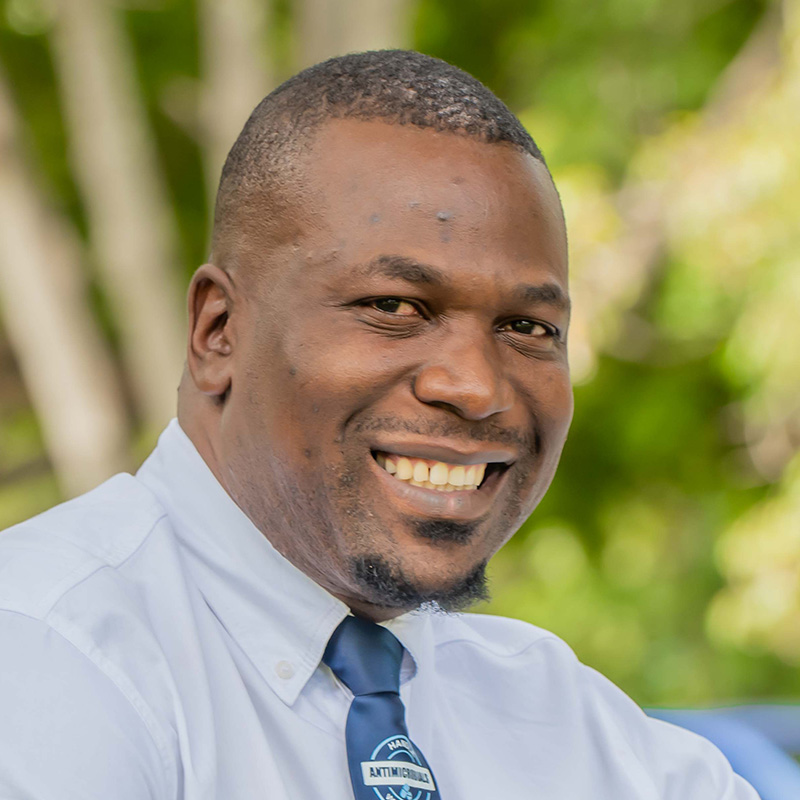
World Health Organization
(Zimbabwe)
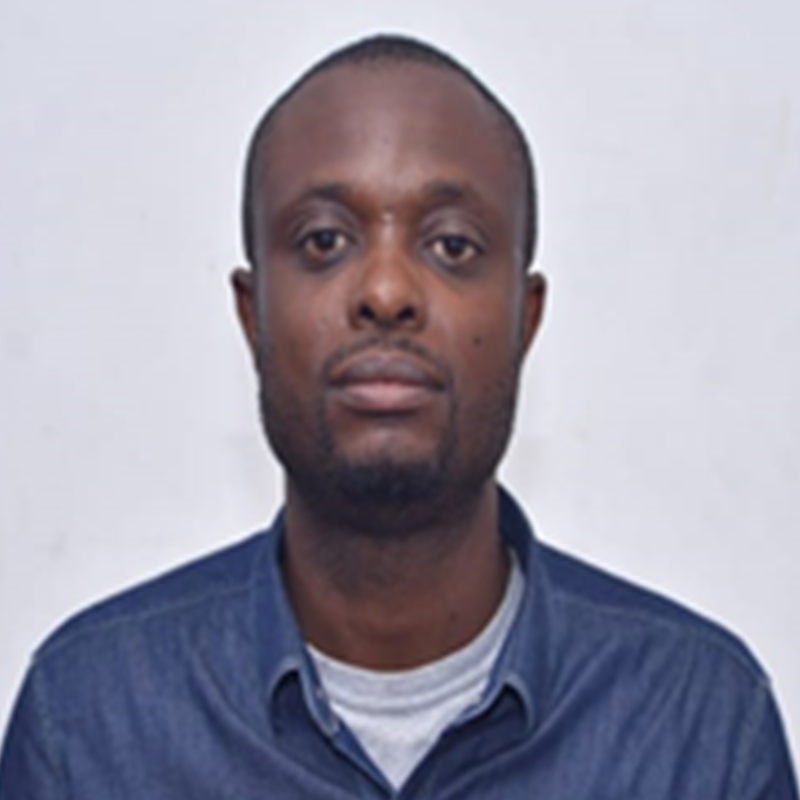
Institut National de Recherche Biomédicale (DRC)
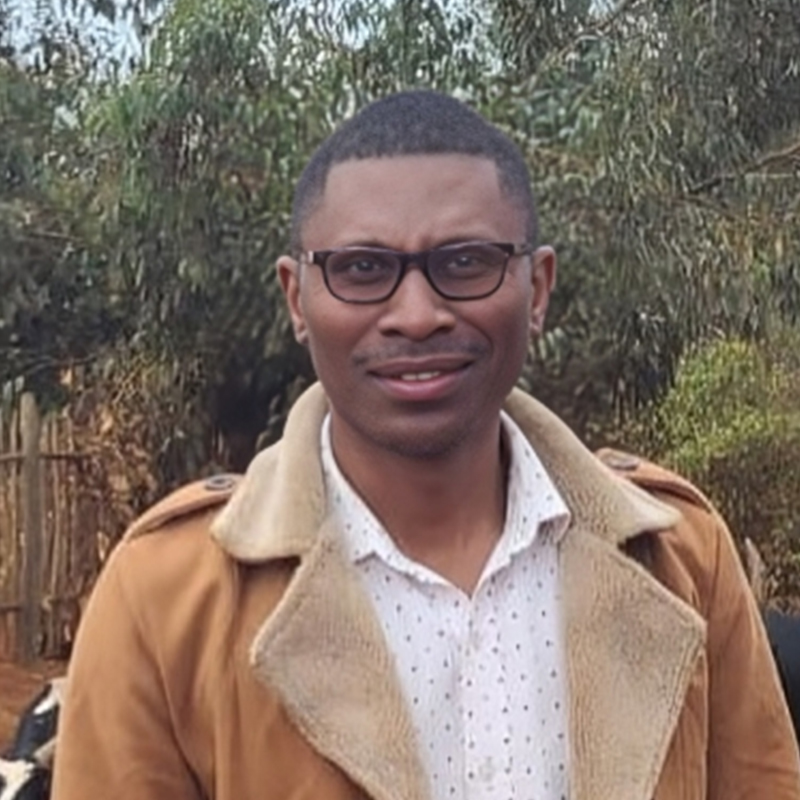
National Institute of Public and Community Health (INSPC)
(Madagascar)
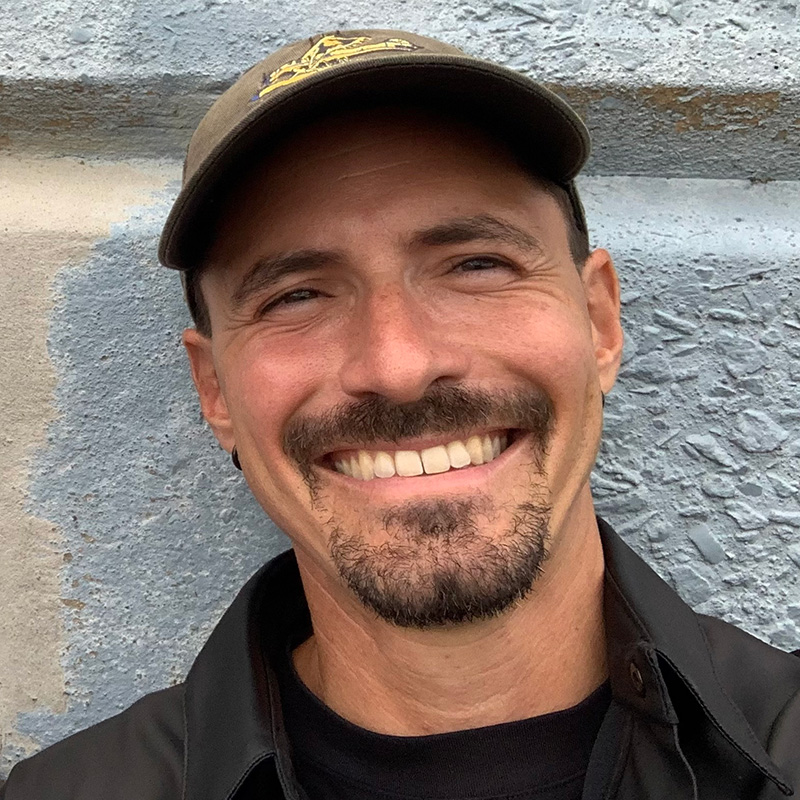
Institute of Tropical Medicine
(Belgium)
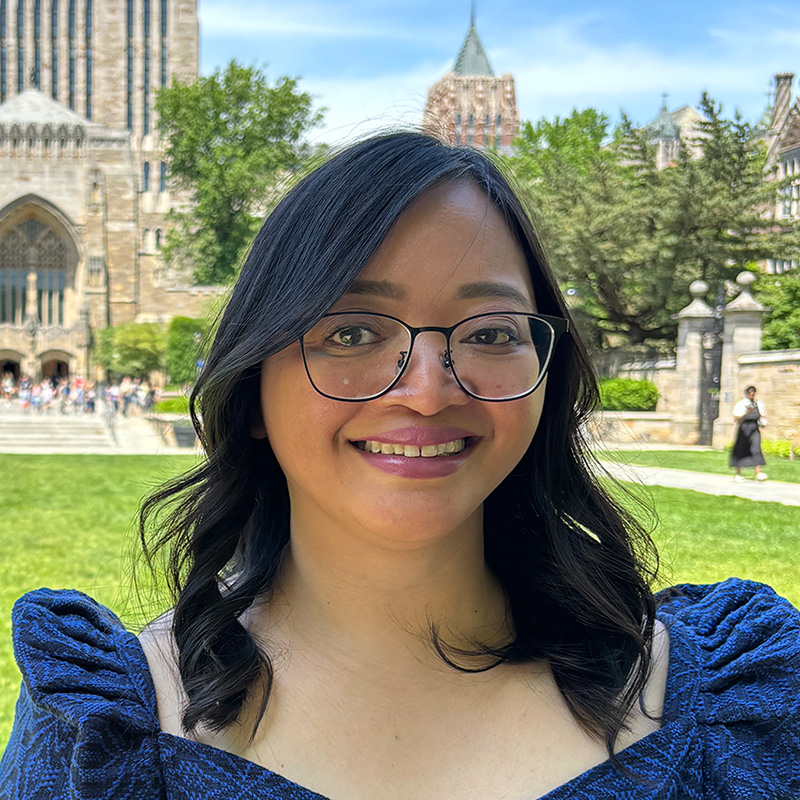
Ateneo School of Medicine and Public Health (Philippines)
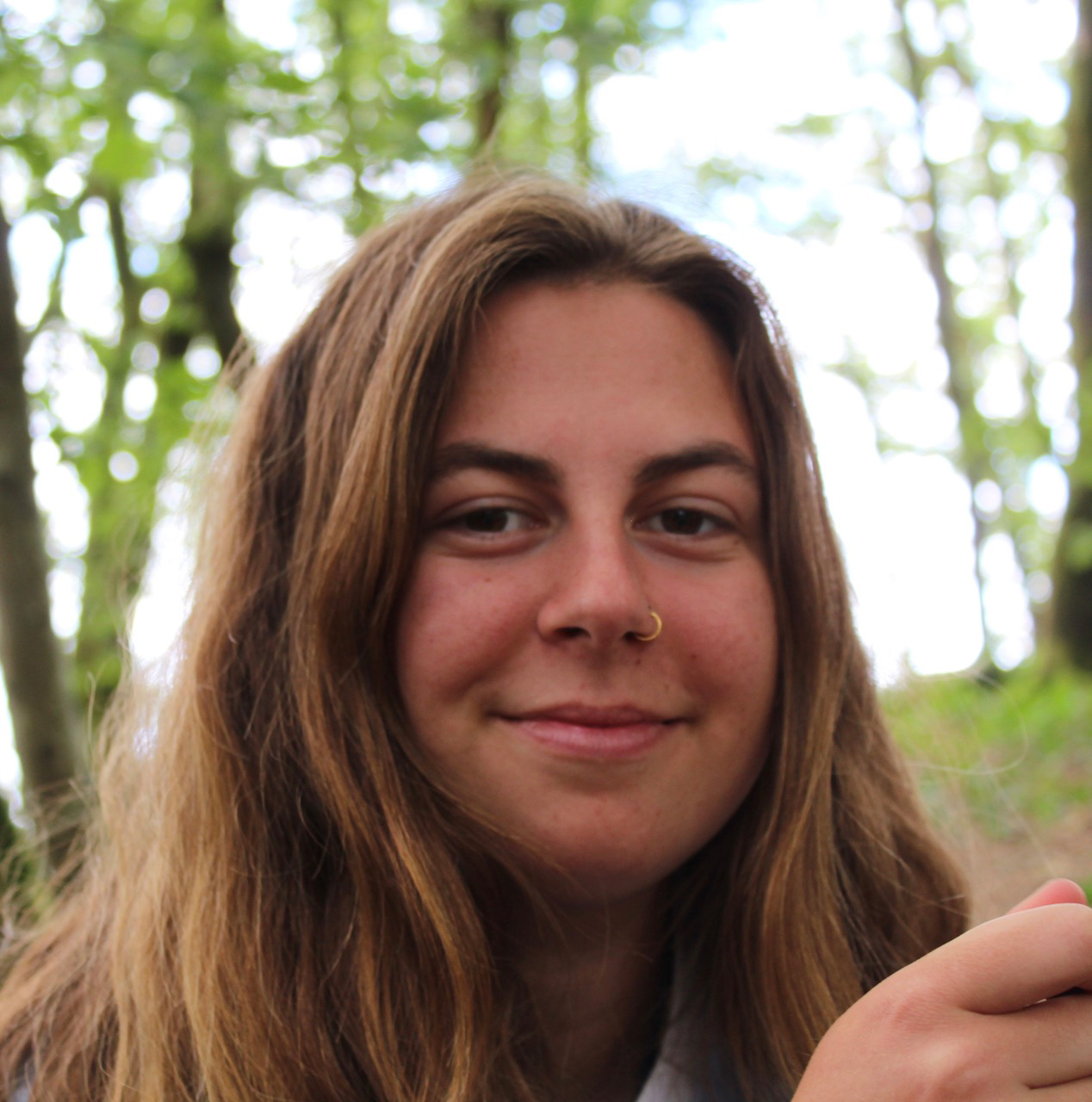
UHasselt
(Belgium)

National Institute of Hygiene, Epidemiology and Microbiology (INHEM)
(Cuba)
What innovations are truly accessible and scalable across diverse health settings? In this session, we will examine the feasibility and appropriateness of novel diagnostic tools, digital tools to increase access, the potential of local manufacturing to build resilience, and diagnostic network optimisation.
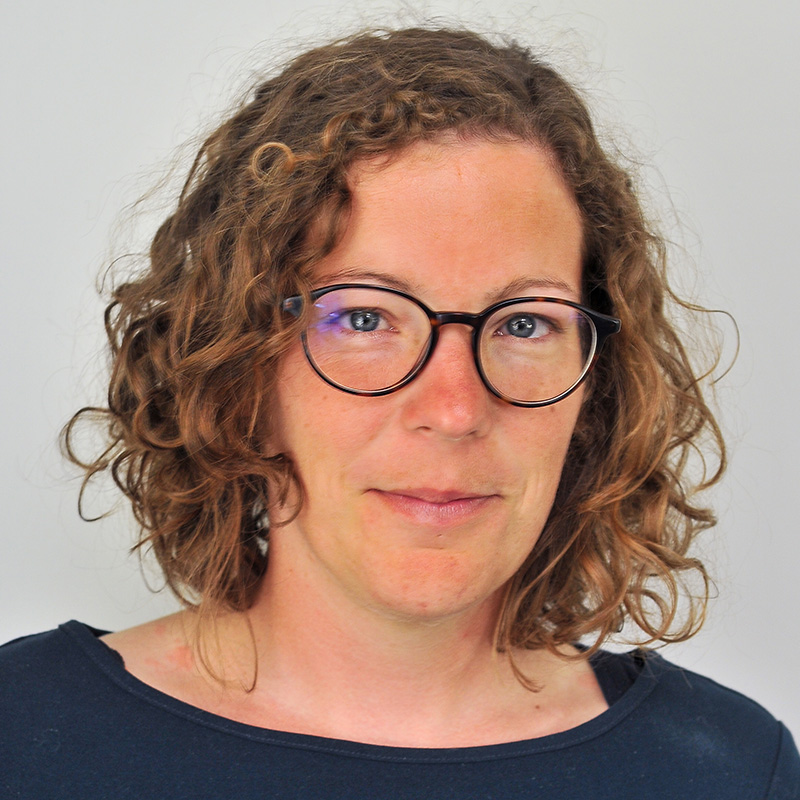
Institute of Tropical Medicine
(Belgium)

Mycobacteria Reference Laboratory (Benin)
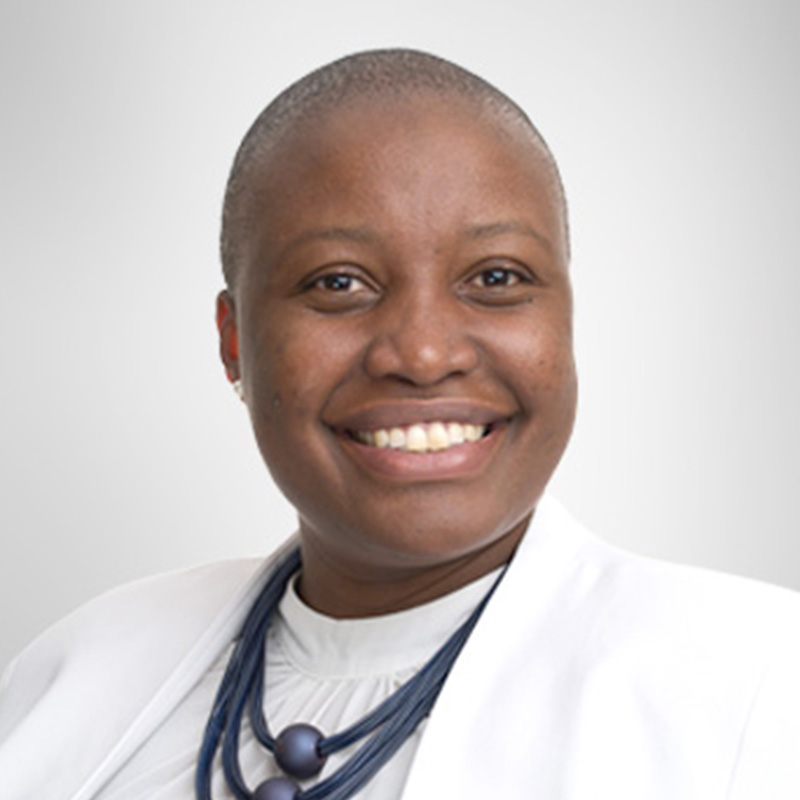
Aurum Institute
(Zimbabwe)
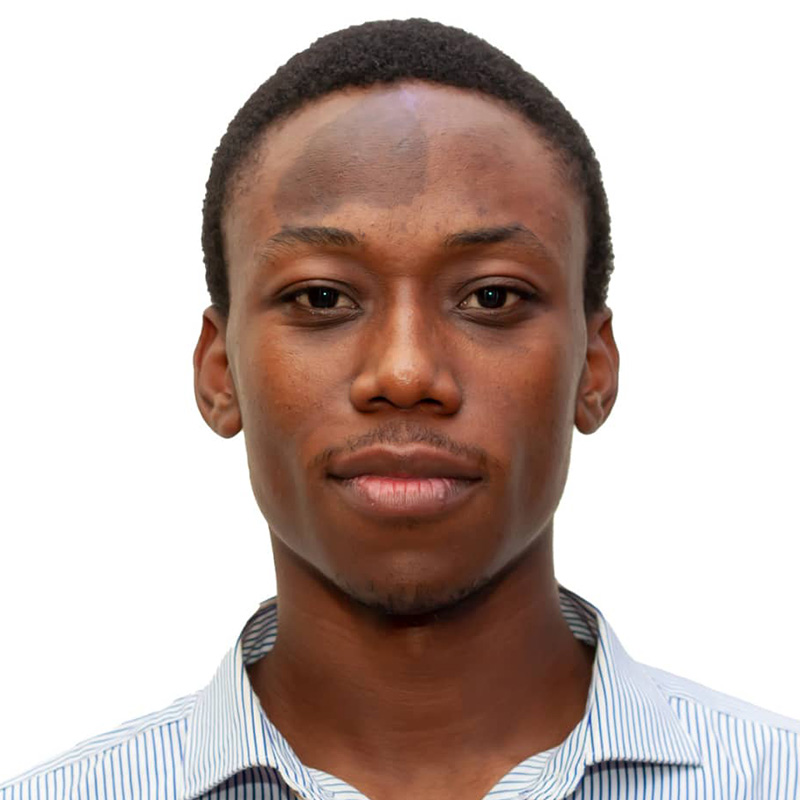
Supranational Reference Laboratory for Tuberculosis
(Benin)

Kenya Medical Research Institute
(Kenya)
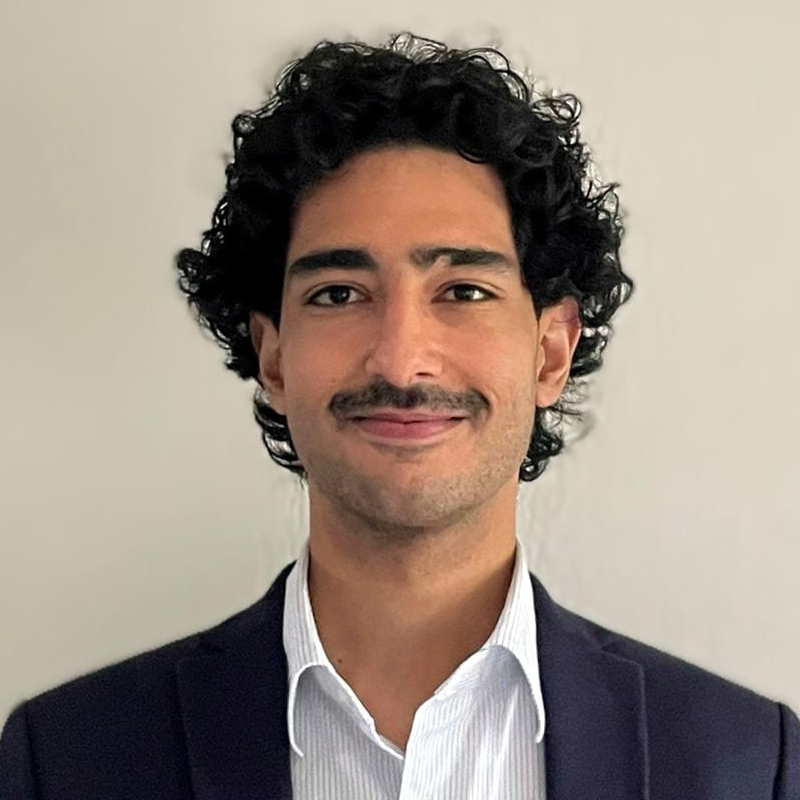
Maastricht University
(The Netherlands)
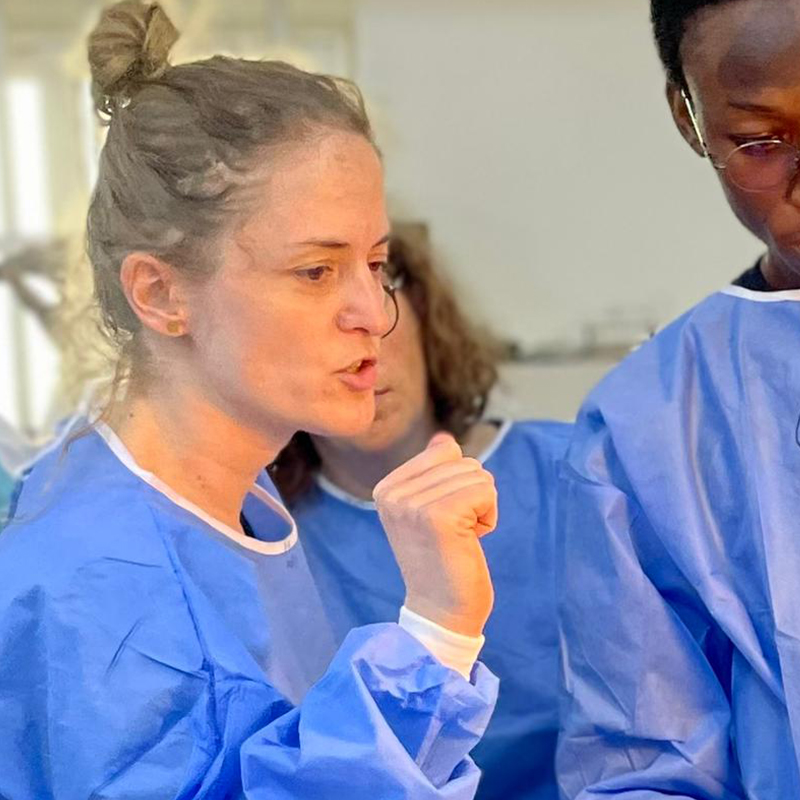
Institute of Tropical Medicine
(Belgium)
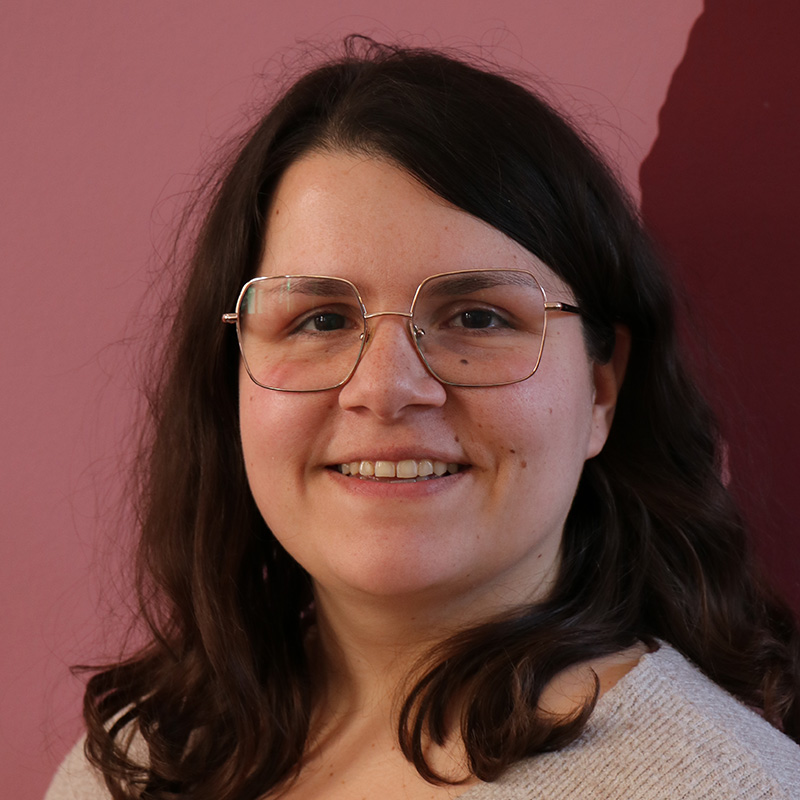
Institute of Tropical Medicine
(Belgium)
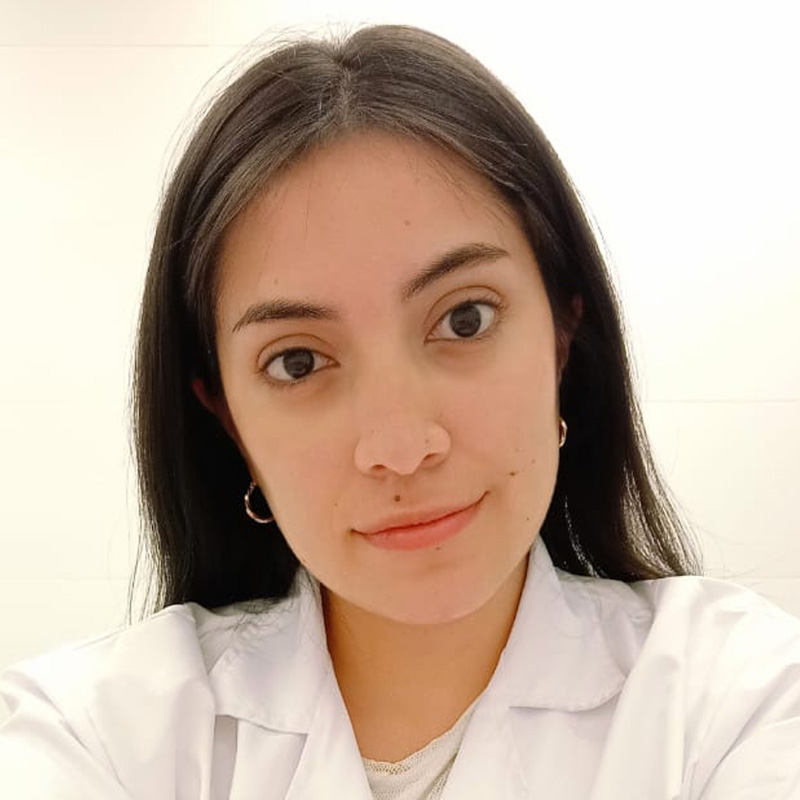
Universidad Peruana de ciencias aplicadas (Peru)
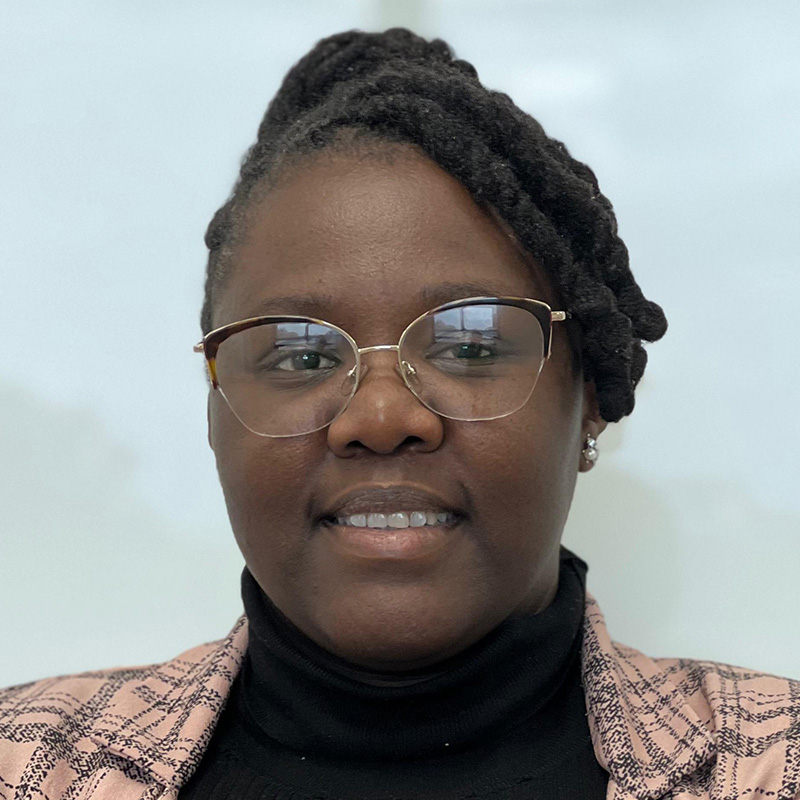
Stellenbosch University
(South-Africa)
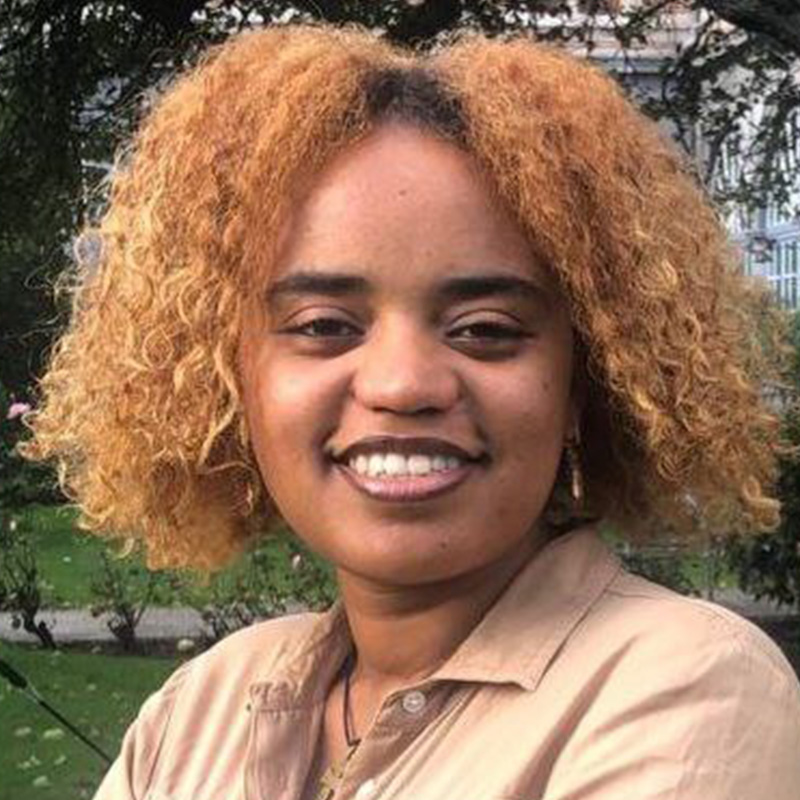
University of Gondar
(Ethiopia)
Which models of care delivery are best positioned to address both chronic and acute infectious threats? In this session, we will showcase breakthrough approaches to providing care, including telehealth and community-based solutions, and novel treatment strategies that improve clinical outcomes.
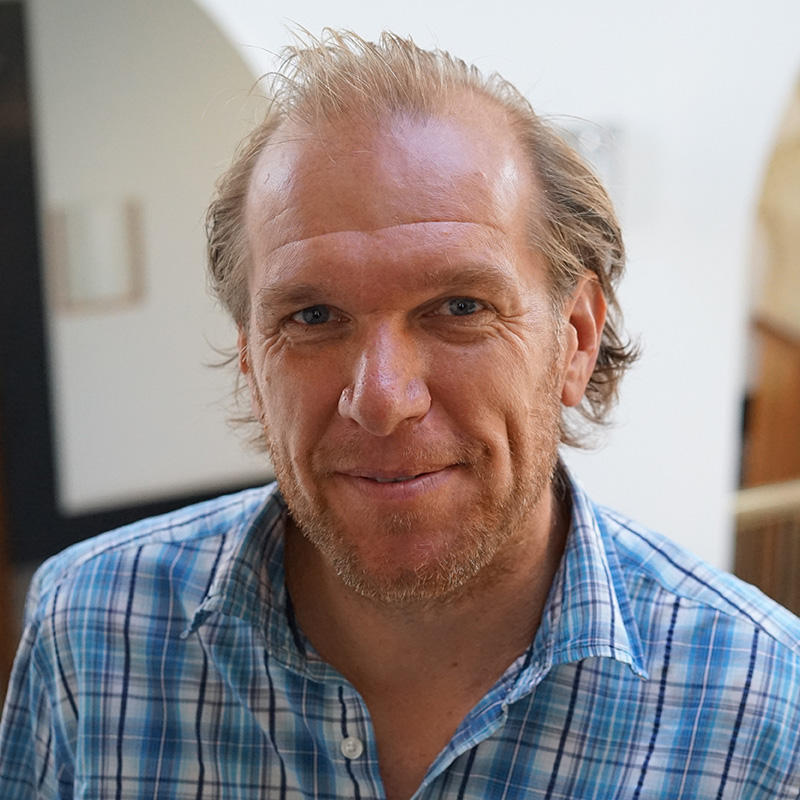
Institute of Tropical Medicine
(Belgium)
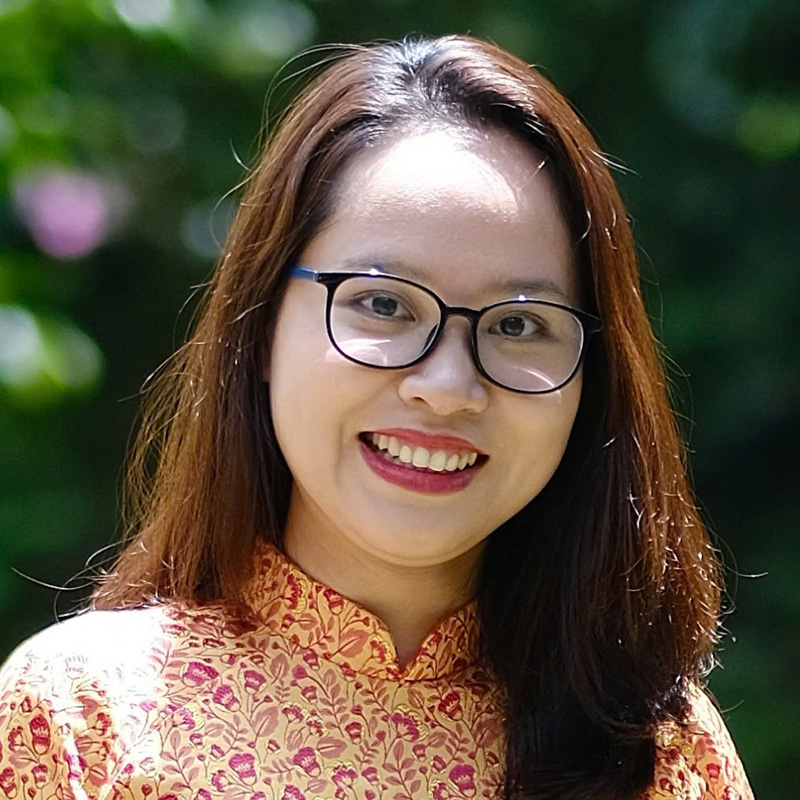
National Lung hospital
(Vietnam)

Harvard Medical School
(USA)
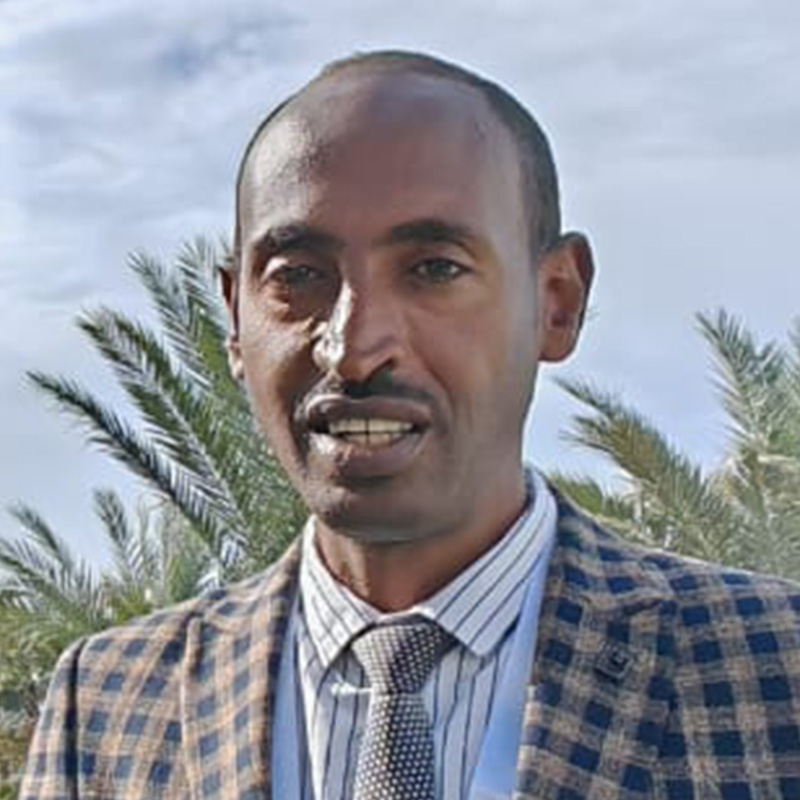
ALERT Comphrensive Specialized Hospital (Ethiopia)
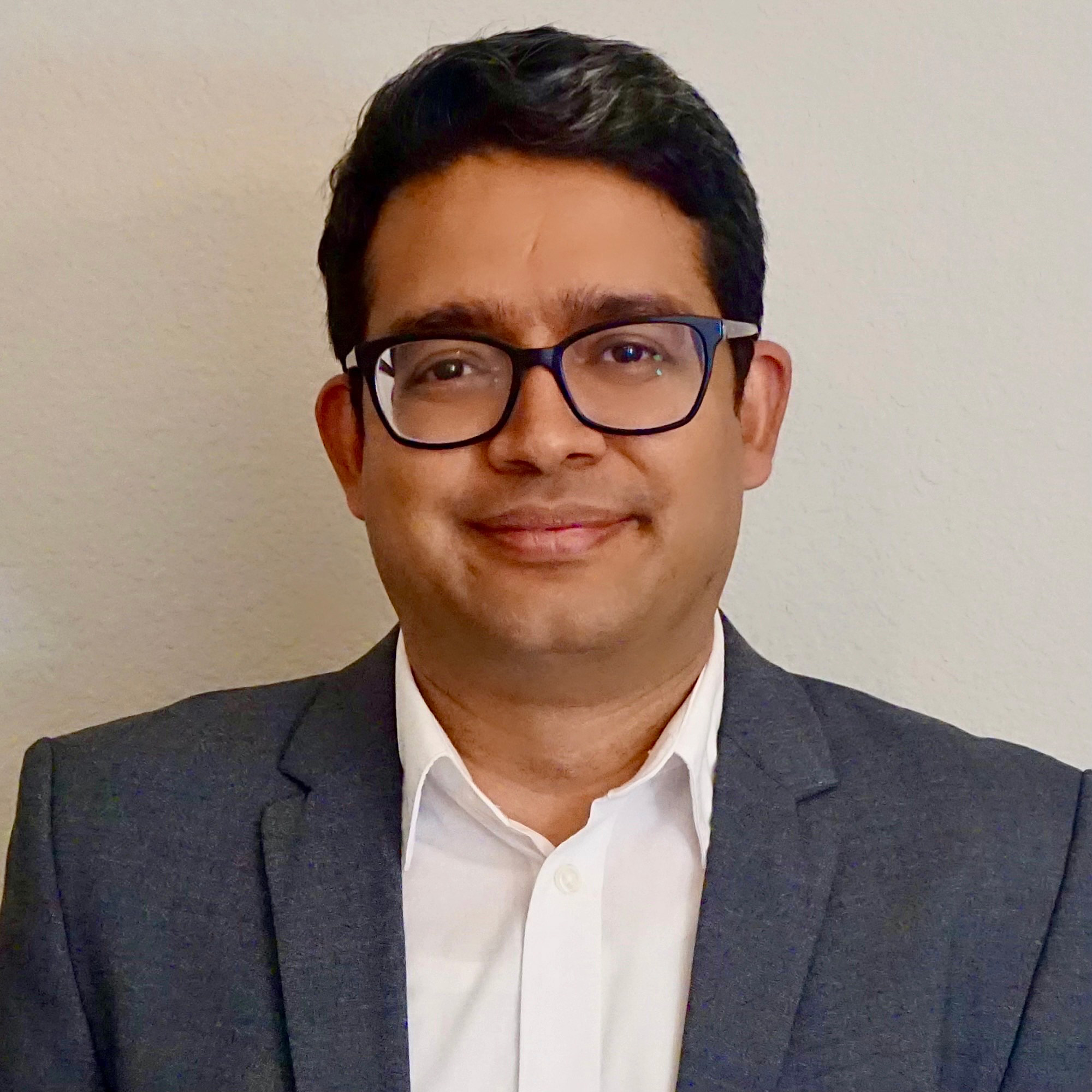
Baylor College of Medicine
(Nepal)
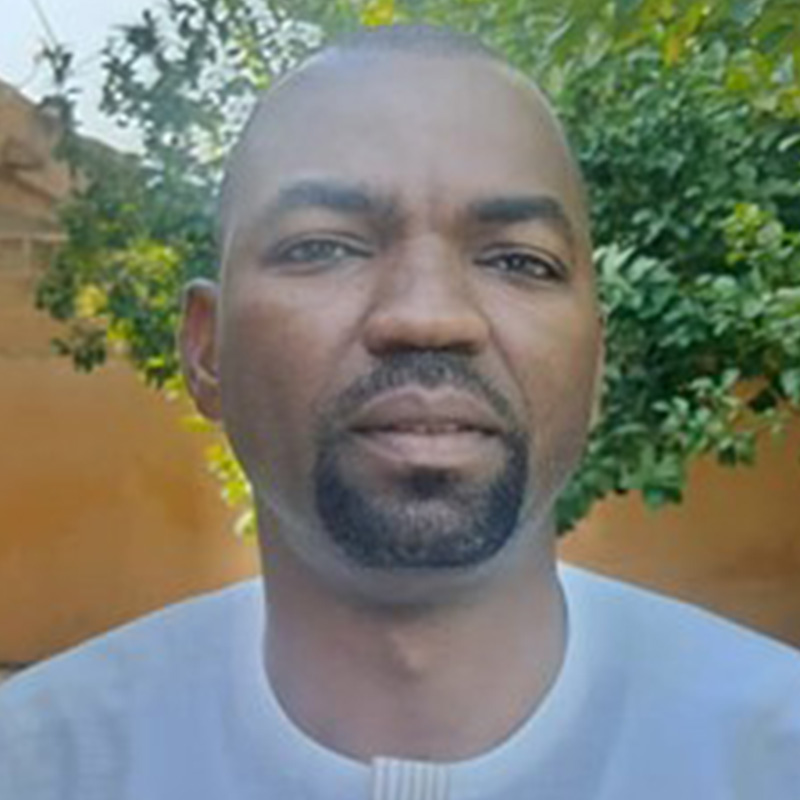
Damien Foundation
(Niger)

CERRHUD
(Benin)

University of Yaoundé I
(Cameroon)
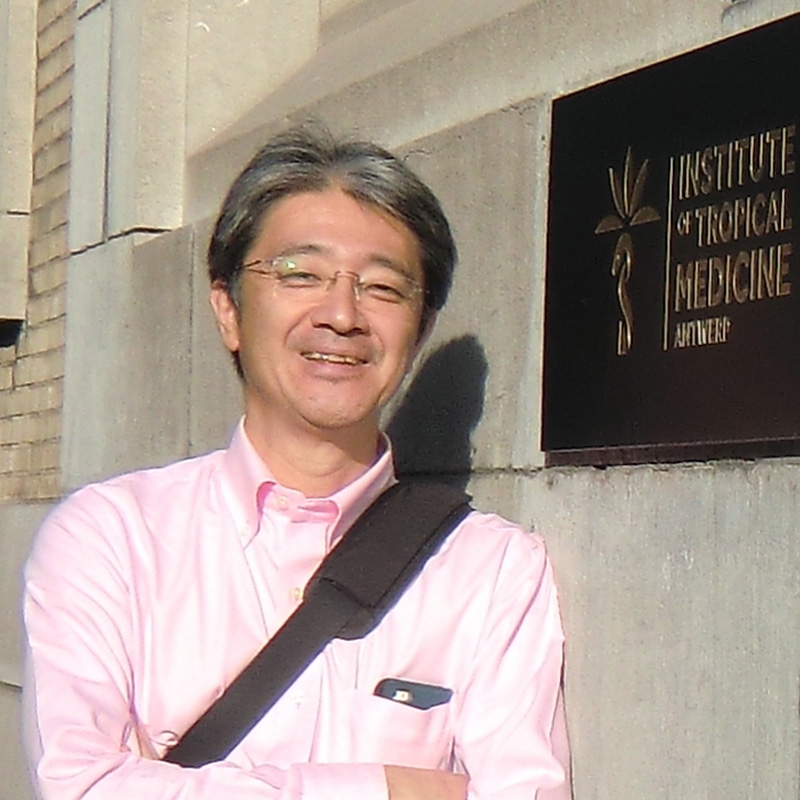
Kobe University
(Japan)
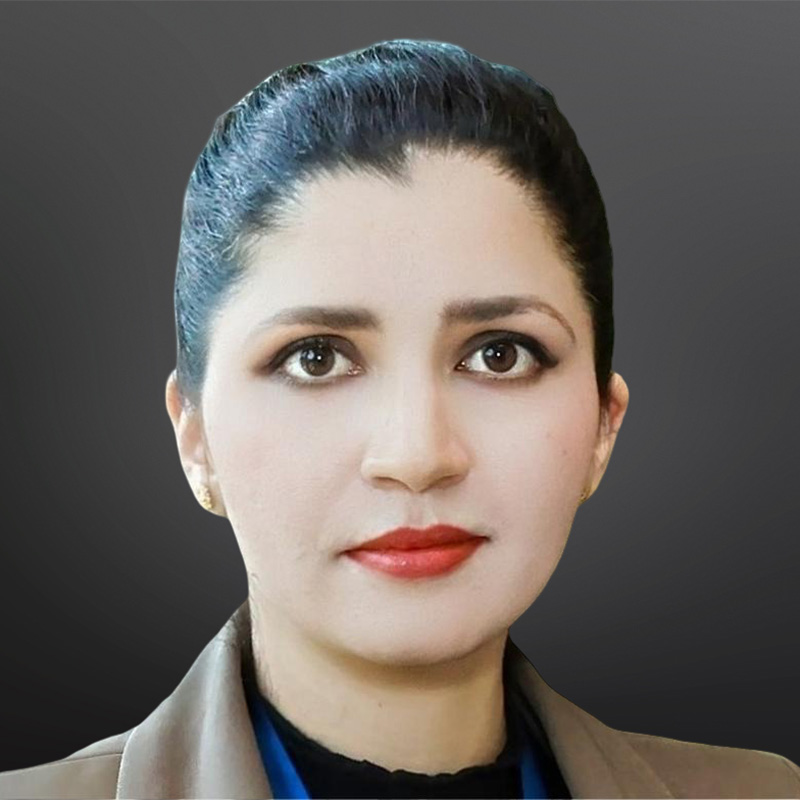
Xi’an Jiaotong University
(China)
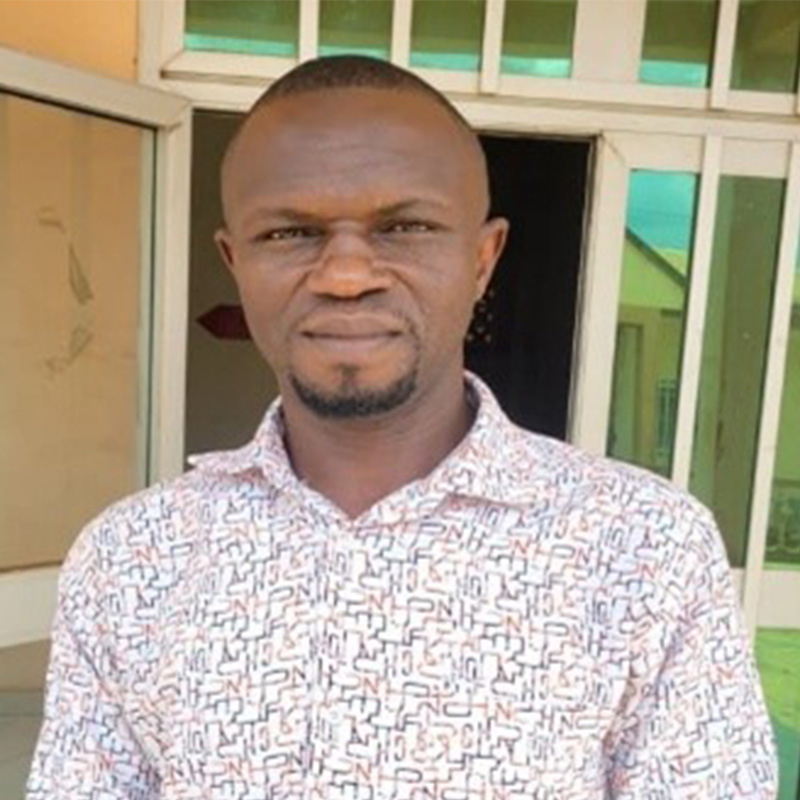
University of Yaoundé I
(Cameroon)
What are the ethical and practical implications of deploying these tools in resource-constrained environments? In this session, we will focus on the development and application of advanced biological tools for prevention, diagnosis, and management of infectious diseases.
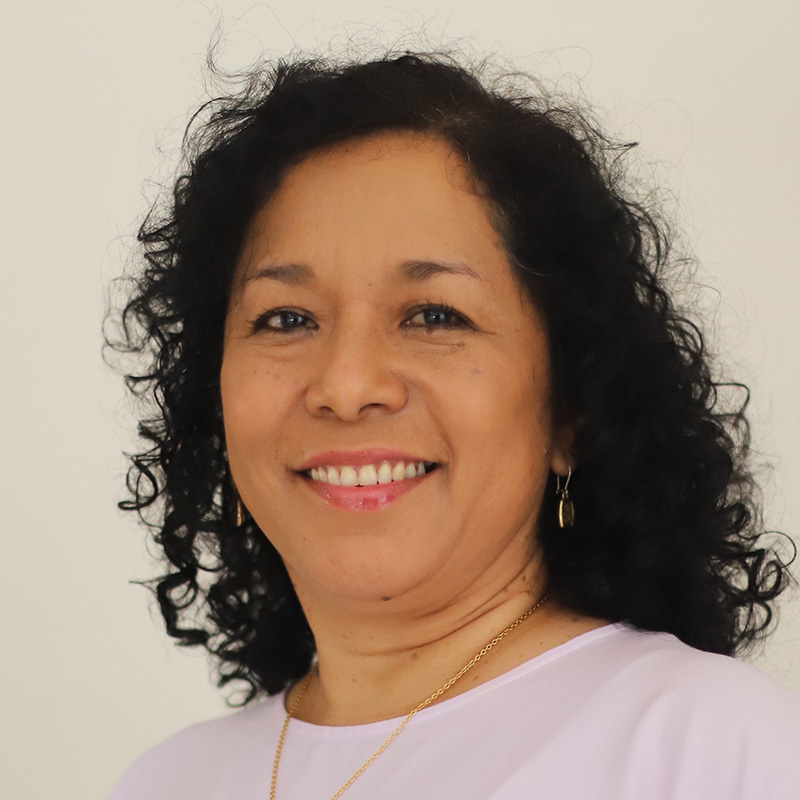
Universidad Peruana Cayetano Heredia (Peru)
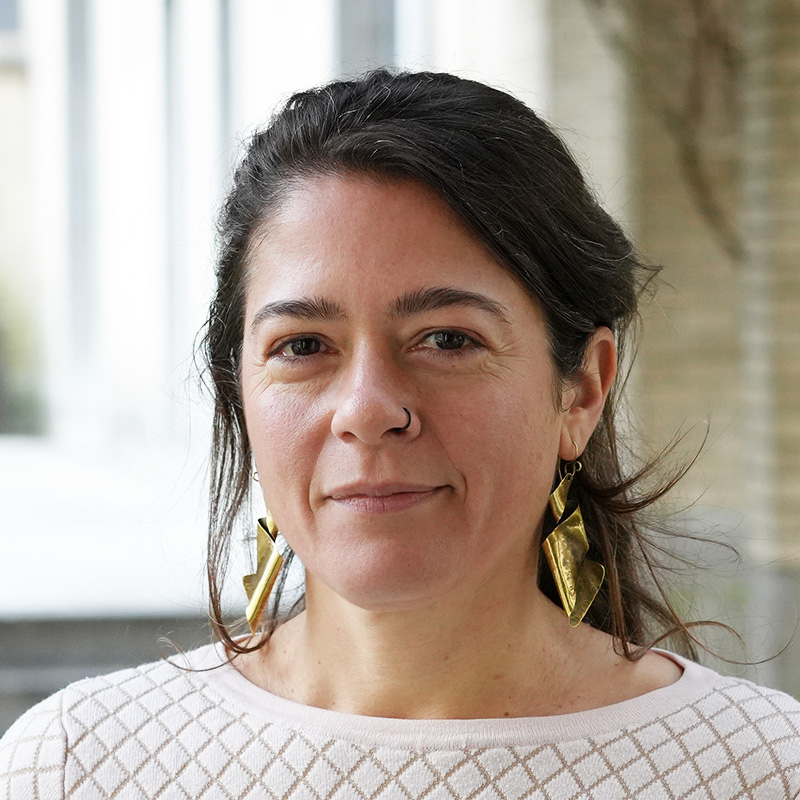
Institute of Tropical Medicine
(Belgium)
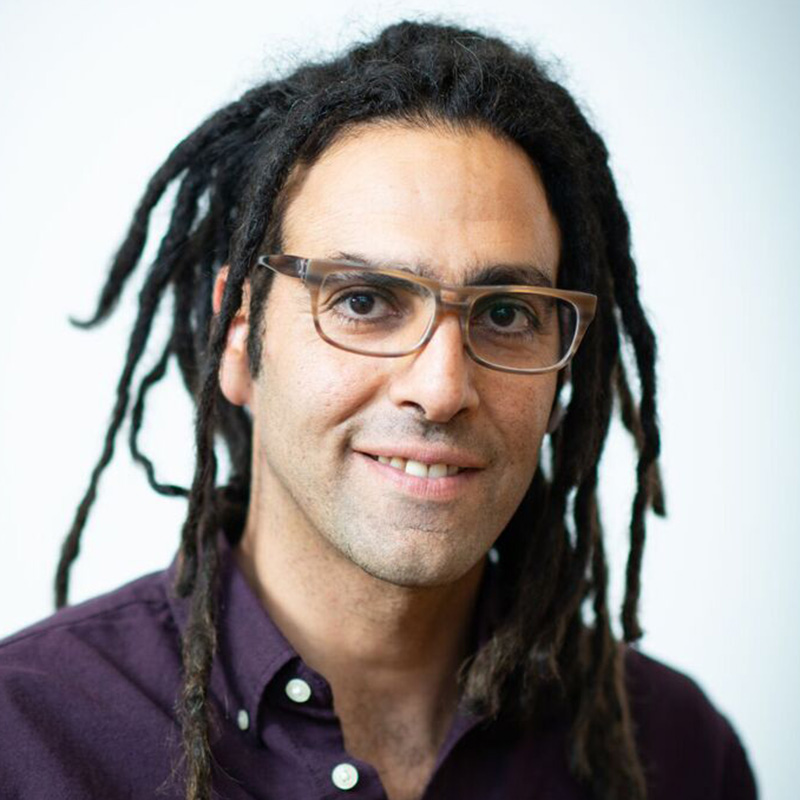
Institute of Tropical Medicine
(Belgium)
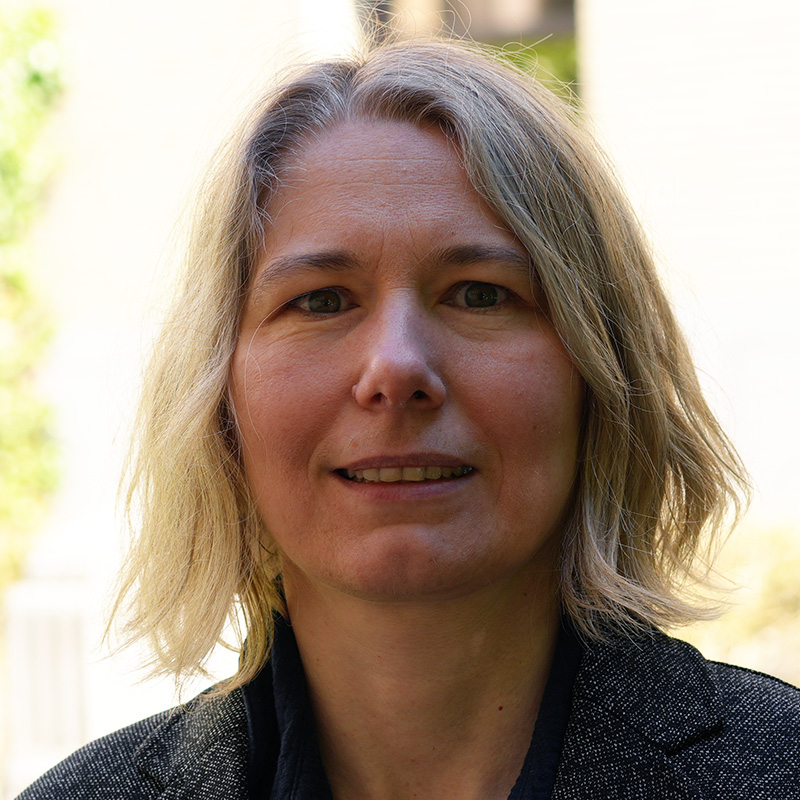
Institute of Tropical Medicine
(Belgium)
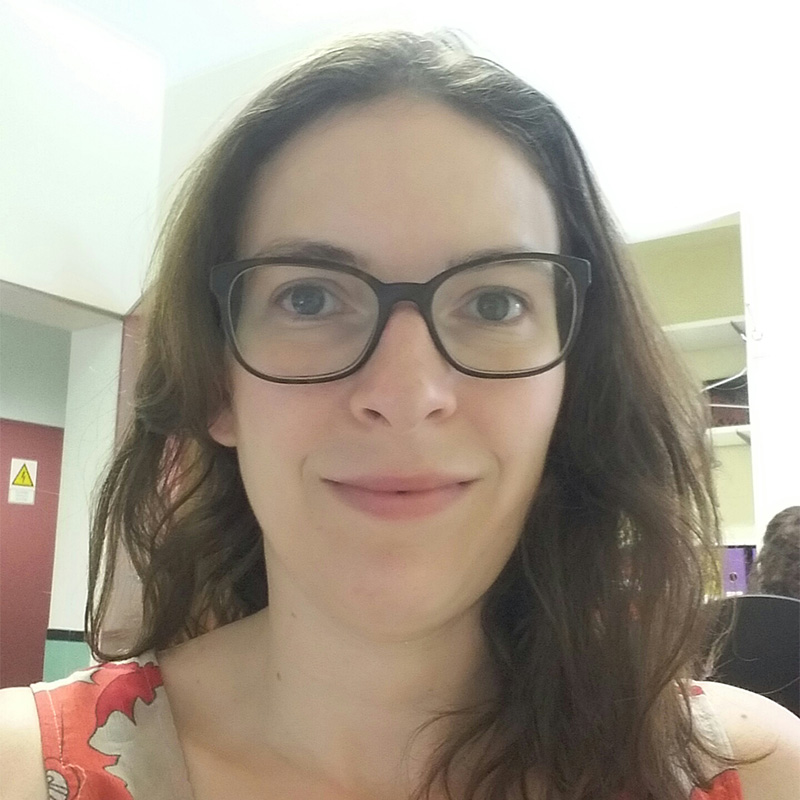
Institute of Tropical Medicine
(Belgium)

Institute of Tropical Medicine
(Belgium)
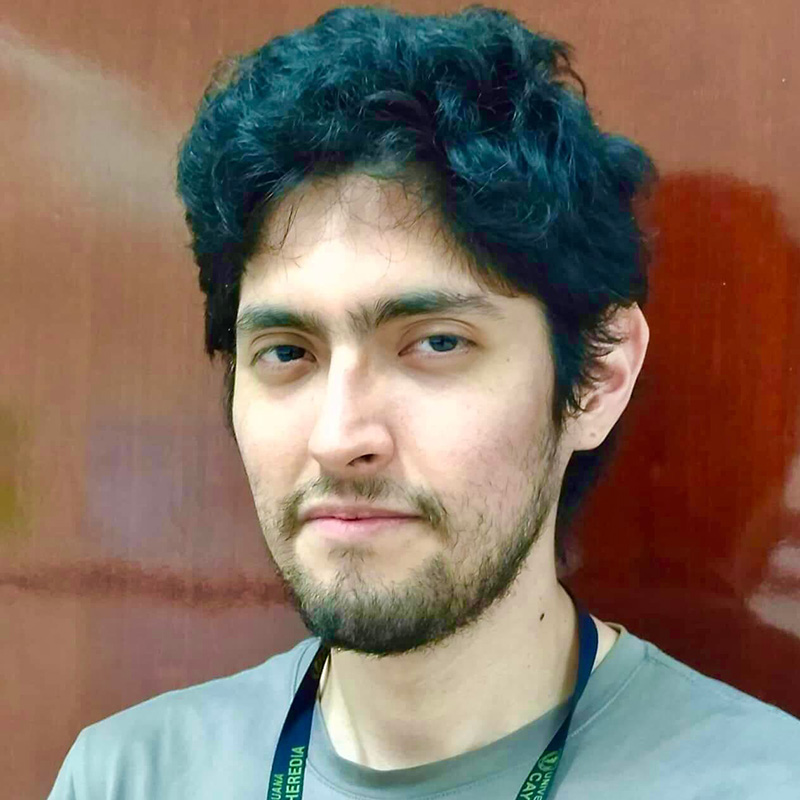
Universidad Peruana Cayetano Heredia (Peru)
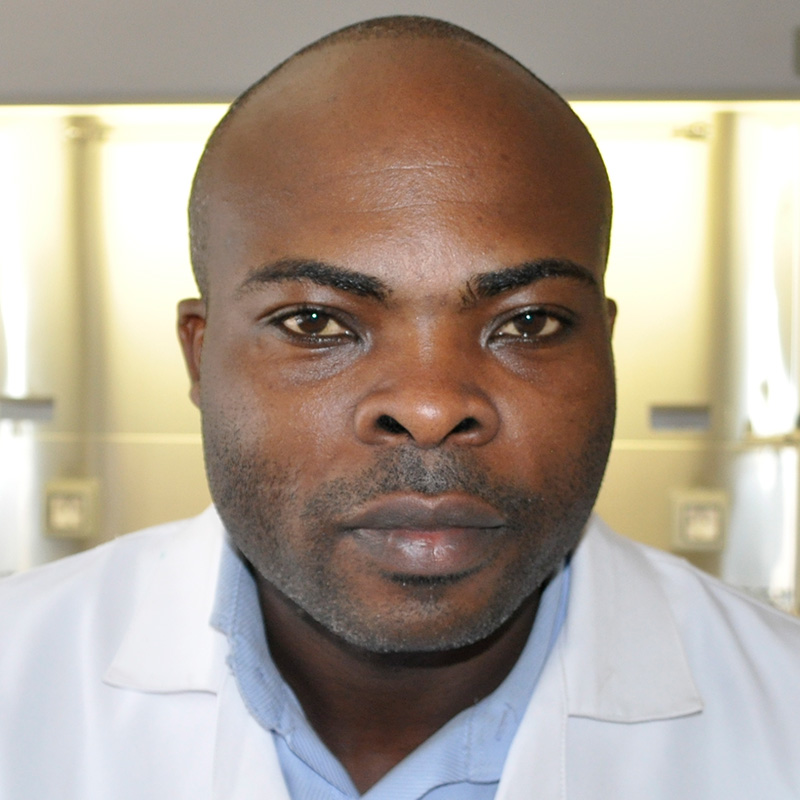
Fondation Congolaise pour la recherche médical (DRC)

University of Yaoundé I
(Cameroon)
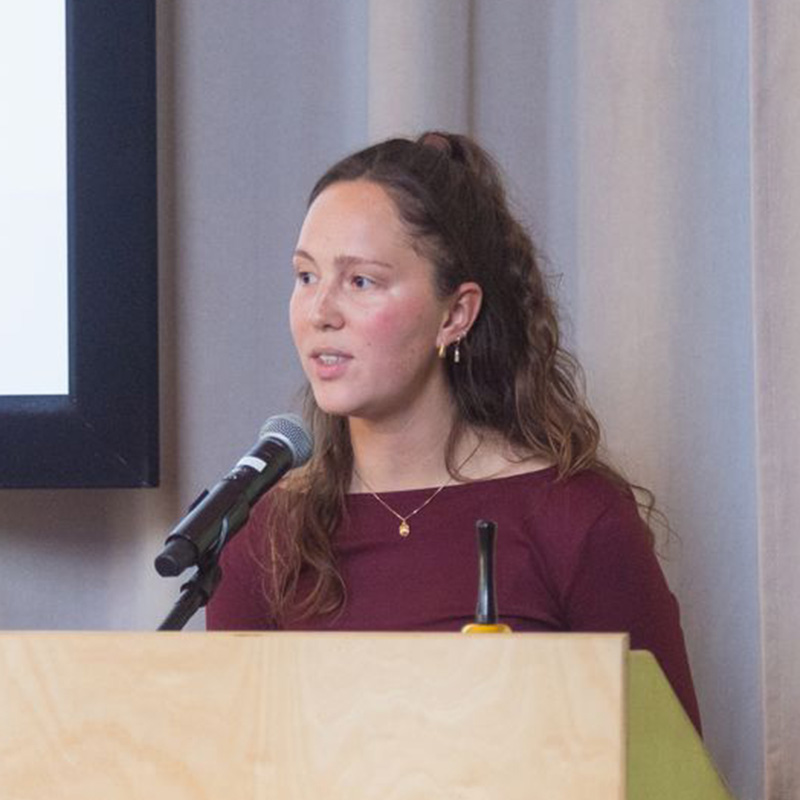
Institute of Tropical Medicine
(Belgium)
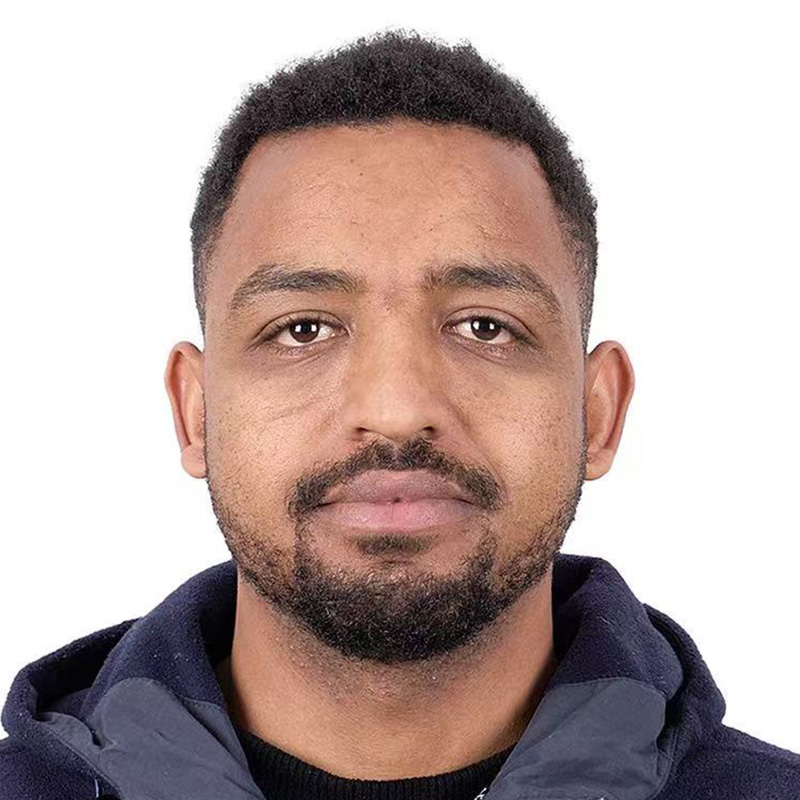
ICGEB China RRC
(China)
A round table discussion will interrogate issues of health sovereignty, innovation equity, and sustainability. Participants will be encouraged to challenge assumptions surrounding donor dependency, public-private partnerships, regional manufacturing capabilities, and the political economy of global health initiatives.
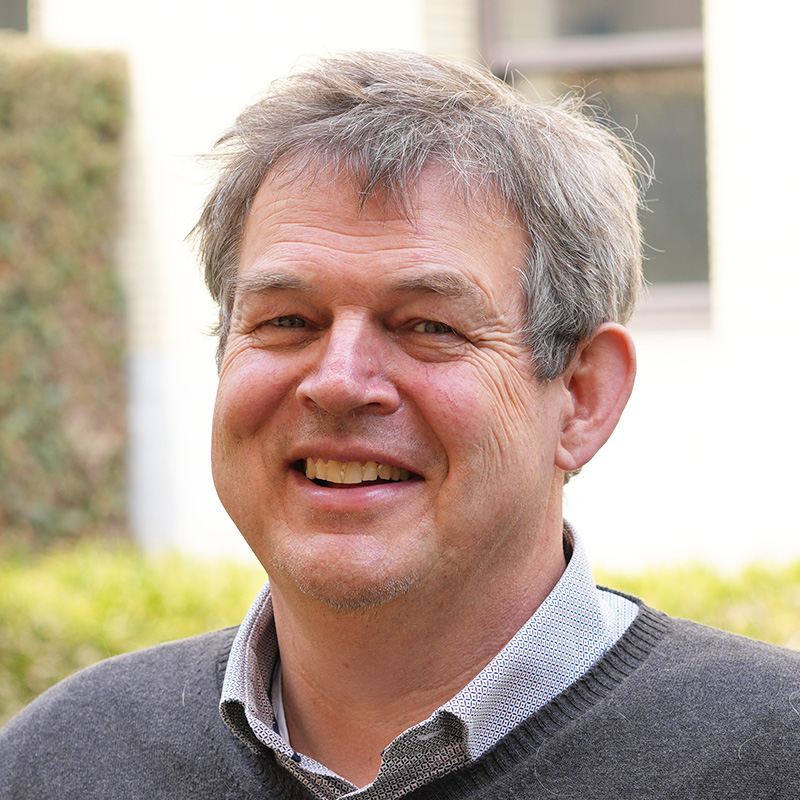
Health Policy
Institute of Tropical Medicine
(Belgium)
The Health Technology Showcase session will give innovators the opportunity to pitch and demonstrate their innovation to a unique public consisting of not only of fellow innovators, but also future implementers, policy makers and researchers. Innovations can be seen in a broader sense, from medical device prototypes to social innovations.
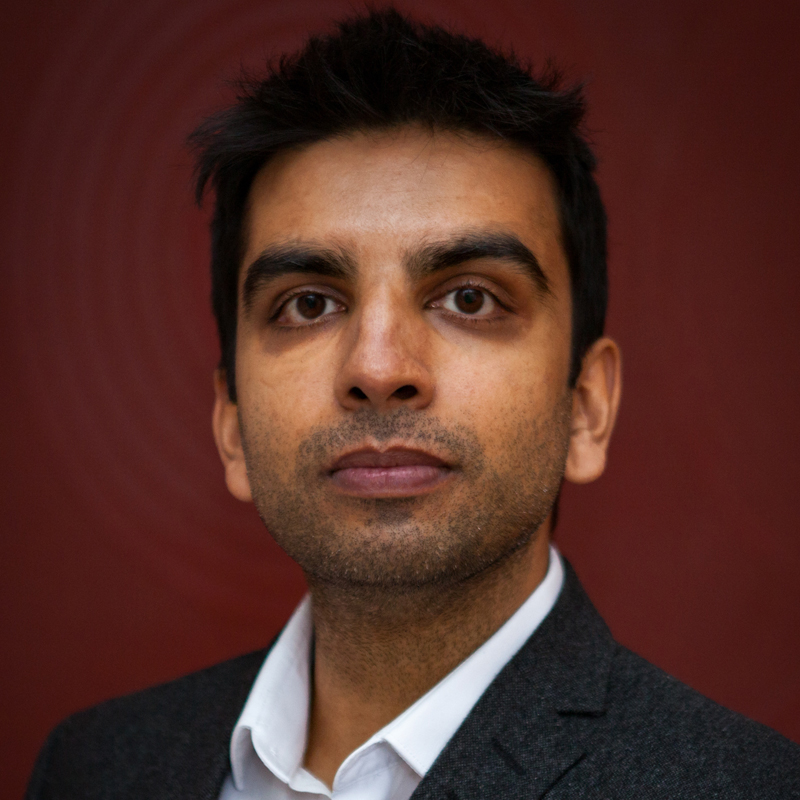
MBBS
(United Kingdom)

Institute of Human Virology
(Nigeria)

Institute of Tropical Medicine
(Belgium)
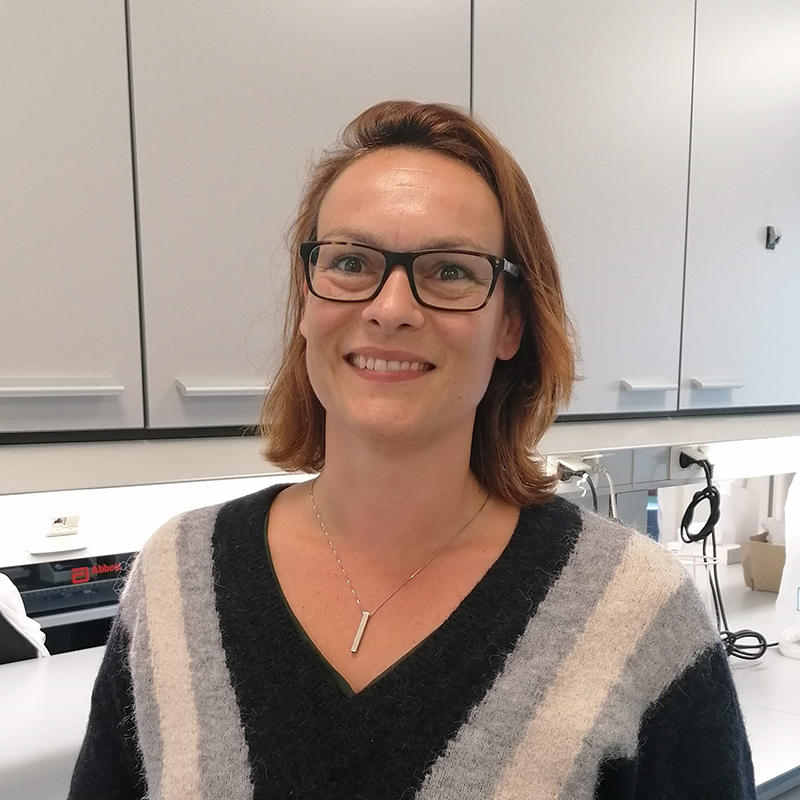
Institute of Tropical Medicine
(Belgium)
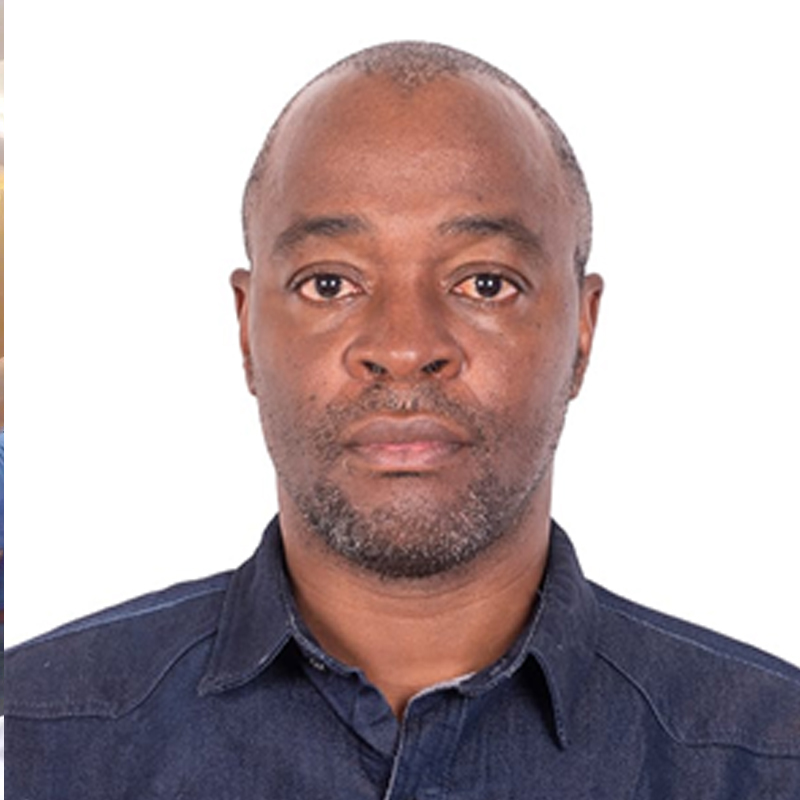
(United Kingdom)
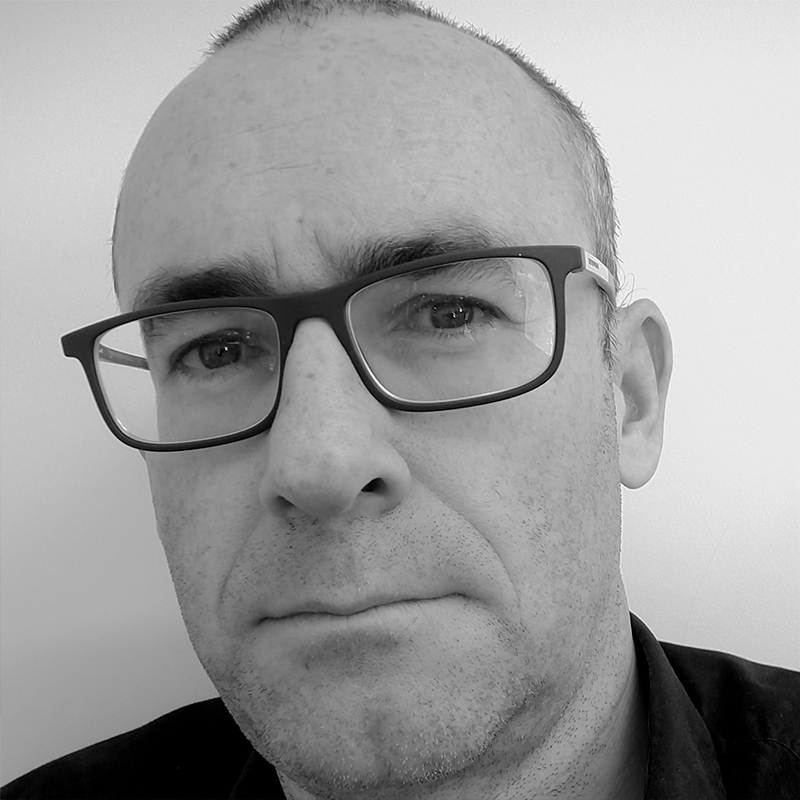
CEA-Leti
(France)

C-Care IHK
(Uganda)

Institut National de Recherche Biomédicale (DRC)
Steve Ahuka Mundeke, a professor at the University of Kinshasa since 2013, is a medical virologist (since 2011) specialising in emerging diseases and an expert in vaccinology (since 2017). Over the past decade, he has gained extensive field experience and specialised training, making him a leading expert in managing major health crises affecting the Democratic Republic of the Congo (DRC) and the African continent, including polio, yellow fever, Ebola virus disease, and COVID-19.
He is affiliated with the National Institute of Biomedical Research (INRB) and the University Clinics of Kinshasa, where he heads the Departments of Virology and Medical Biology, respectively. Currently, he serves as the Incident Manager within the Technical Secretariat for the COVID-19 response in the DRC.
Ahuka has been an expert consultant for the World Health Organization (WHO) for several years. He is also an auditor of the fourth special session of the College of Advanced Studies in Defense Strategy (CHESD), under the Ministry of National Defense in the DRC.

Bernhard Nocht Institute for Tropical Medicine (Germany)
Elisabeth Fichet-Calvet has dedicated 35 years to studying both wild and commensal rodents. Her career began in France, where she focused on agricultural issues, particularly the population dynamics of rodents responsible for damaging crops. She later transitioned to public health research, investigating rodent-borne zoonoses such as cutaneous leishmaniasis and Lassa fever.
Over the years, Dr. Fichet-Calvet has developed deep expertise in disease ecology, with a particular focus on eco-epidemiology. Her work explores the spatial, temporal, and behavioral aspects of disease transmission. She has led extensive field research in Tunisia, Guinea, Sierra Leone, Ghana, Benin, Nigeria, and Zambia.
For the past 15 years, she has been based at the Bernhard Nocht Institute for Tropical Medicine (BNITM) in Hamburg, where she expanded her skills in virology, molecular biology, and phylogeography. She currently heads the "Zoonoses Control" unit within the new Department of Implementation Research at BNITM (link). In this role, she leads and models research on rodent control in the context of Lassa fever, working across disciplines including mathematics, epidemiology, anthropology, and health economics.
Since 2017, she has also served as a member of the World Health Organization's Lassa Fever Task Force.

Harvard Medical School
(USA)
Jennifer Furin (MD, PhD) is an infectious diseases clinician and medical anthropologist with three decades of experience in drug-resistant TB. She specialises in care and research for vulnerable populations, including children, pregnant/lactating women, and people living with HIV. She has worked on projects with Partners in Health and Médecins Sans Frontières in Haiti, Peru, Russia, Rwanda, Lesotho, South Africa, Eswatini, Tajikistan, India, Malawi, Ukraine, Burundi, and Mexico.
She serves as a routine consultant for national TB programs around the world and is an expert in the management of people with strains of TB that are resistant to the newer TB drugs. She is a lecturer at Harvard Medical School and served for more than a decade in the AIDS Clinical Trials Group, both in their TB Transformative Science Group and on their Behavioral Sciences Subcommittee.

Aurum Institute
(Zimbabwe)
This bio needs to be added.

Centre for Sexual Health and HIV AIDS Research (Zimbabwe)

Institute of Tropical Medicine
(Belgium)
Oren Tzfadia is a computational biologist whose career is driven by the fundamental challenge of linking genes to their functions, addressing gaps in biological knowledge through the development of computational algorithms for big data. He has designed tools for constructing and analysing regulatory networks within specific biological pathways, with the overarching aim of strengthening the integration of computational biology and data science into clinical research, particularly in the context of Mycobacterium tuberculosis (MTB) drug resistance.
Since transitioning to clinical sciences in September 2019, Dr Tzfadia has broadened his research interests to include multi-omics, integrating information from orthogonal technologies (such as RNA/DNA next-generation sequencing, proteomics and structural biology) and different molecular layers (including metabolites, proteins and genes). He has also developed expertise in artificial intelligence, notably the application of large language models (LLMs) for the integration and analysis of complex biological datasets, supporting hypothesis generation and accelerating research workflows.
Throughout his career, he has created several user-friendly computational tools designed to unlock biological discoveries from omics datasets. Examples include:
The Institute of Tropical Medicine (ITM) in Antwerp (Belgium) is a centre of expertise that initiates collaborations and functions as a mediator between research and policy makers. At ITM, we want to leverage our longstanding reputation to bring research expertise together to tackle health challenges and claim our place as a global centre of expertise, working on health for all. By organising the ITM Colloquium we aim to bring experts together from around the world to discuss the most pressing questions in tropical medicine and international health. The ITM Colloquium functions as a forum to share scientific progress and discuss collaborations.
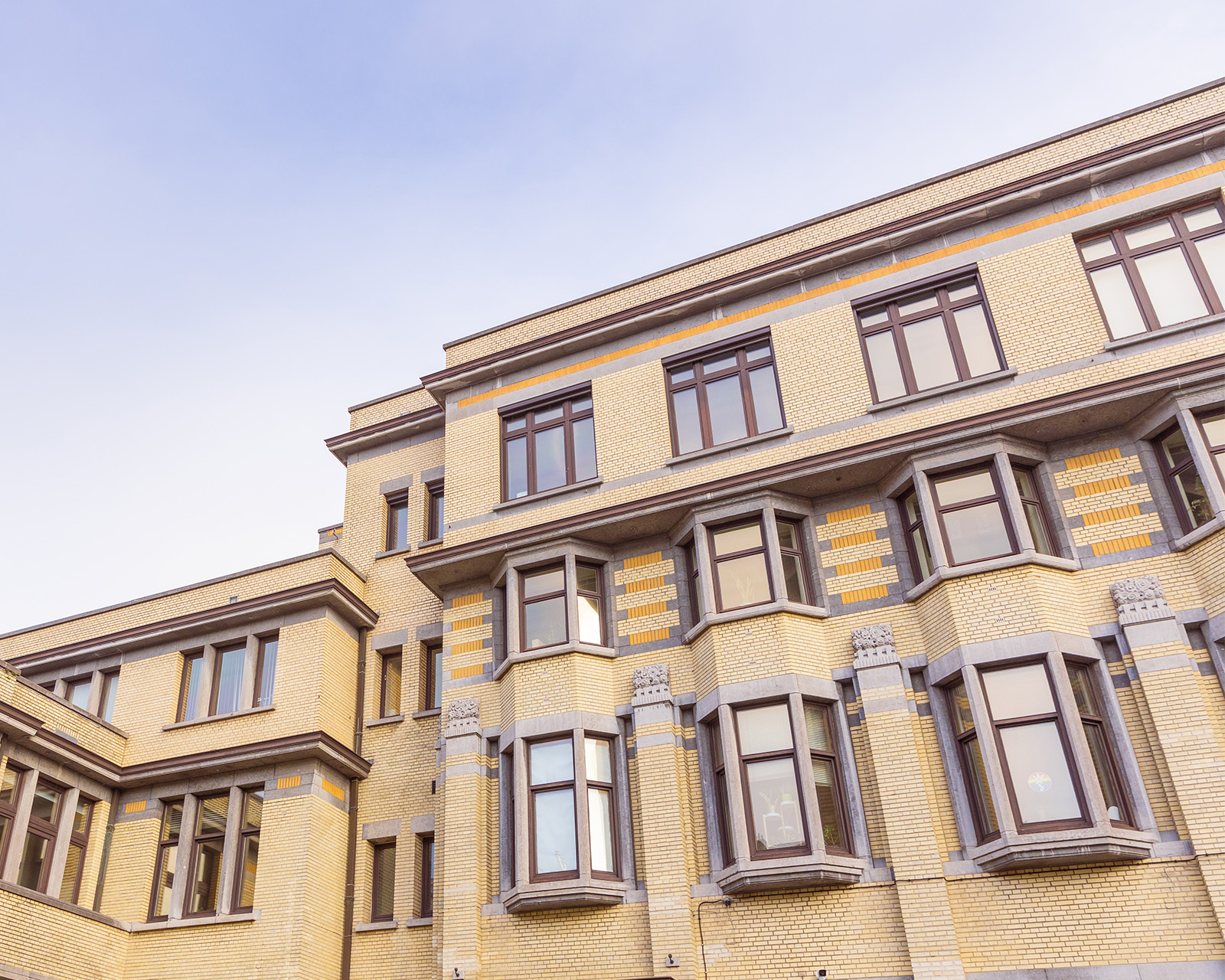
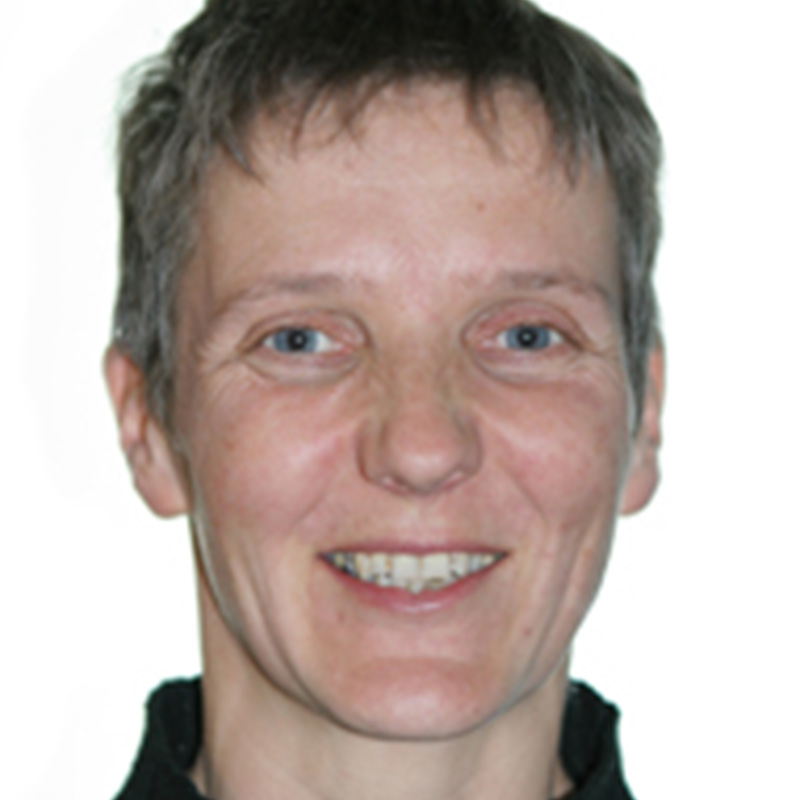
Mycobacteriology
Institute of Tropical Medicine (Belgium)

Institut National de Recherche Biomédicale
(DRC)

HIV and Tuberculosis
Institute of Tropical Medicine (Belgium)

Universidad Peruana Cayetano Heredia
(Peru)

Tropical Bacteriology
Institute of Tropical Medicine (Belgium)

Virus Ecology
Institute of Tropical Medicine (Belgium)

Mycobacteria Reference Laboratory
(Benin)

Mycobacterial Diseases & NTDs
Institute of Tropical Medicine (Belgium)

National Lung hospital
(Vietnam)

Institut National de Recherche Biomédicale
(DRC)

Sexual Health including HIV
Institute of Tropical Medicine (Belgium)

University of Toronto
(Canada)

Université Lédea Bernard Ouedraogo of Ouahigouya
(Burkina Faso)
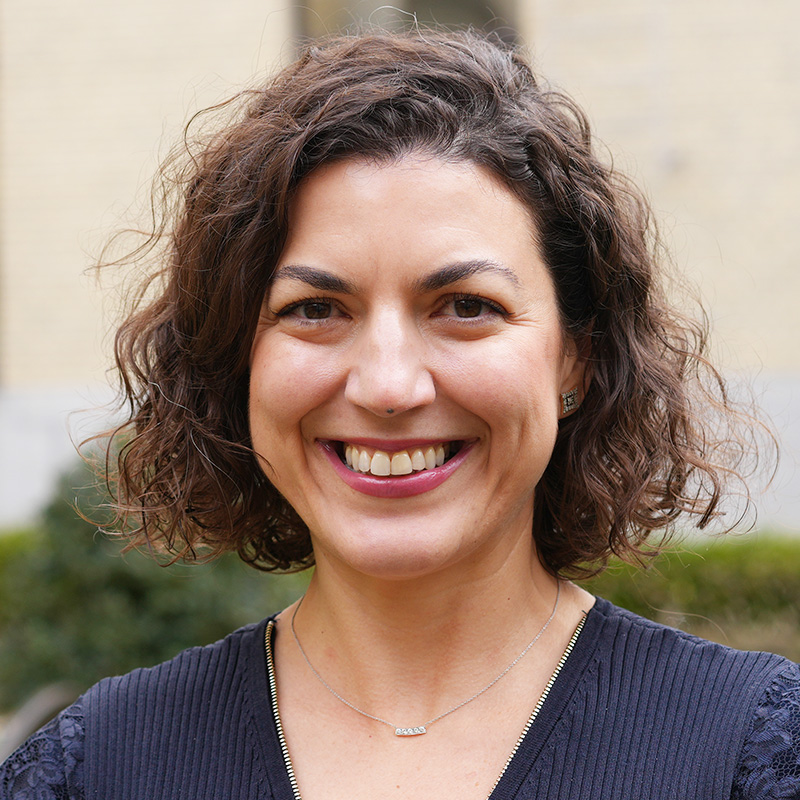
Executive Director
Institute of Tropical Medicine (Belgium)

Malariology
Institute of Tropical Medicine (Belgium)
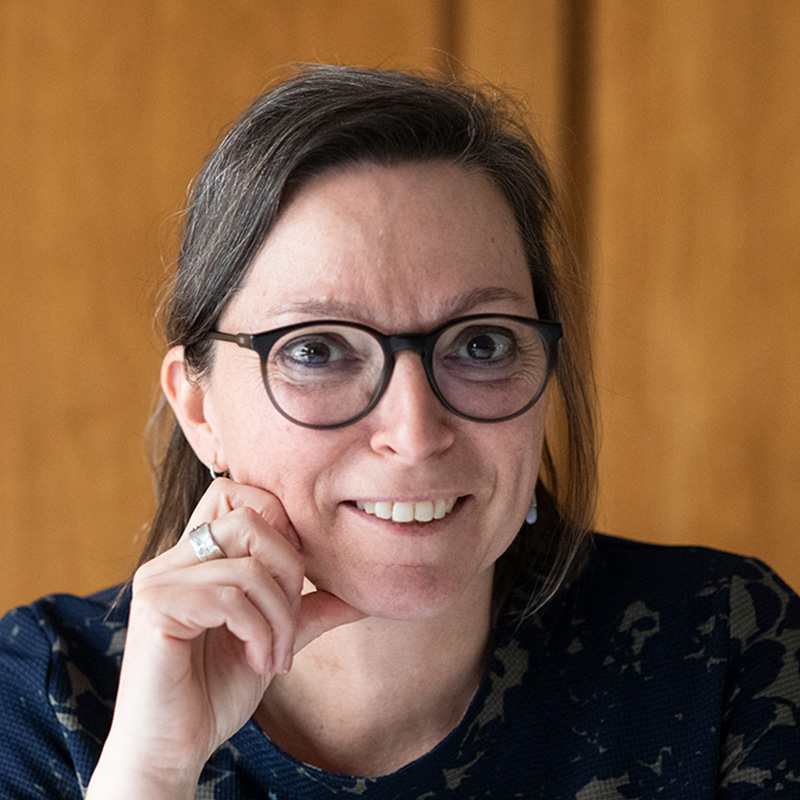
General Manager
Institute of Tropical Medicine (Antwerp)
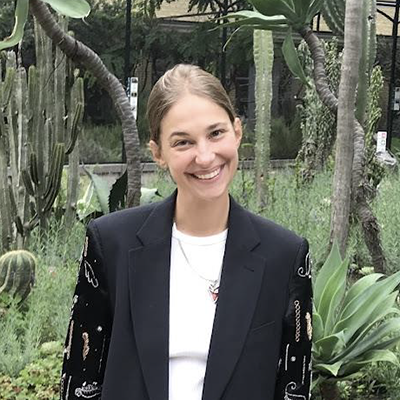
Event Manager
Institute of Tropical Medicine (Antwerp)
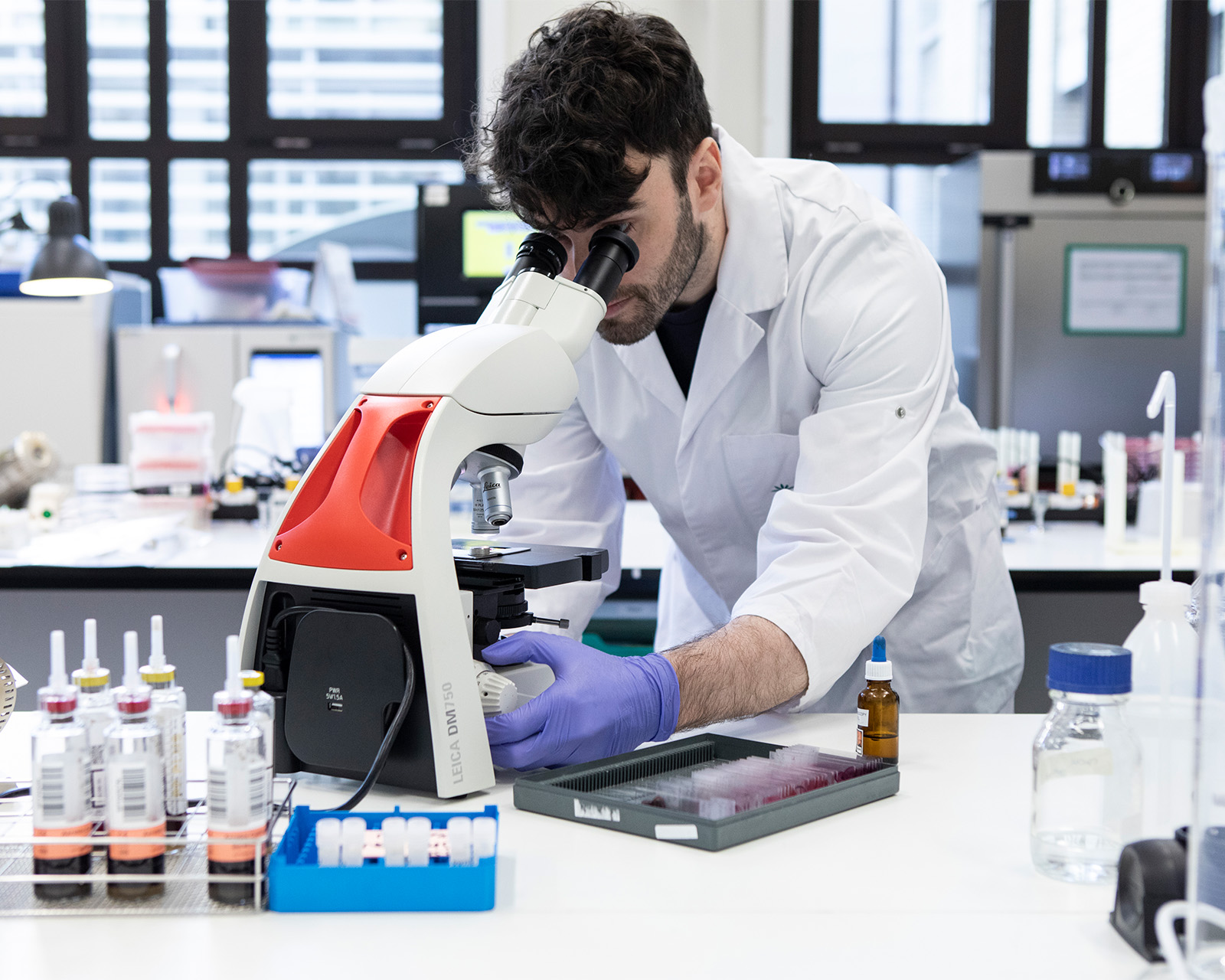
| Time | Activity | Additional info |
|---|---|---|
| 12:30-16:30 | Alumni meeting | |
| 16:30-17:00 | Registration | Please note that the opening ceremony and dinner (16:30-21:00) will be organised at external venue Horta Grand Café & Art Nouveau Zaal. |
| 17:00-19:00 | Opening night: welcome speeches and high-level policy discussion | |
| 19:00-21:00 | Opening dinner |
| Time | Activity | Additional info | ||
|---|---|---|---|---|
| 8:00-9:00 | Registration and welcome coffee | |||
| 9:00-11:10 | (A) Surveillance and Outbreak Control | |||
| 11:10-11:35 | Coffee break | |||
| 11:35-13:20 | (F) Omics, Molecules and Systems Biology | |||
| 13:20-14:20 | Lunch | |||
| 14:20-16:10 | (D) Accessible Diagnostics and Health Technologies | |||
| 16:10-16:30 | Coffee break | |||
| 16:30-17:30 | Showcasing Health Innovation Technologies | |||
| 17:30-19:00 | Conference dinner | |||
| Time | Activity | Additional info | ||
|---|---|---|---|---|
| 8:00-9:00 | Registration and welcome coffee | |||
| 9:00-10:50 | (C) One Health Approaches for Disease Control | |||
| 10:50-11:15 | Coffee break | |||
| 11:15-13:00 | (E) Quality of Care and Treatment Innovations | |||
| 13:00-14:00 | Lunch | |||
| 14:00-15:55 | (B) Populations, Communities and Behaviour | |||
| 15:55-16:15 | Coffee break | |||
| 16:15-17:15 | Policy discussion | |||
| 17:15-17:30 | Farewell and Young Researcher Award | |||
| 17:30-18:30 | Farewell reception | |||
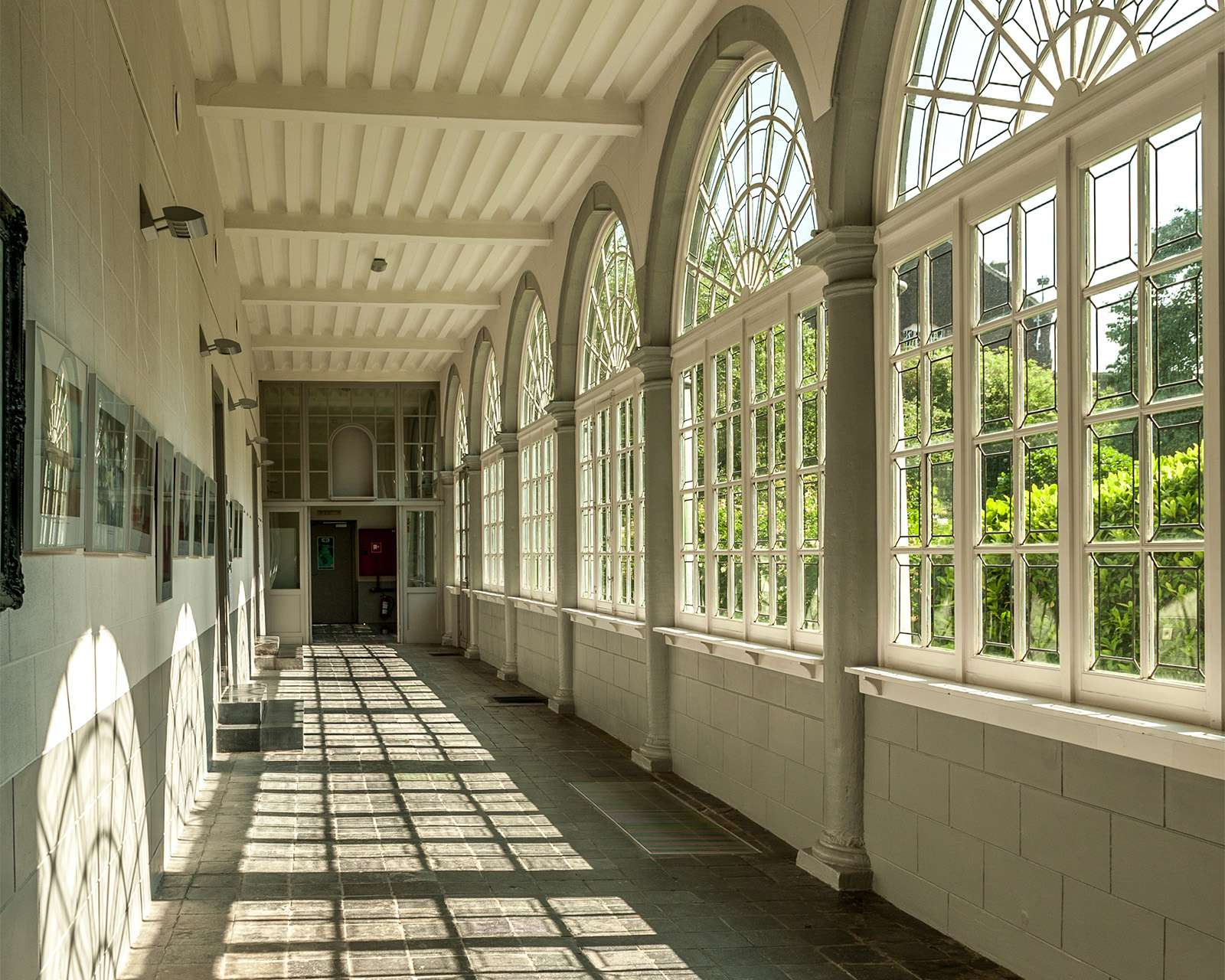
Just a few steps from our main building, in the heart of bustling Antwerp, our Campus Rochus offers a unique setting for connection and discovery. Housed in a beautifully restored seventeenth-century monastery, with beautiful halls, gardens and a baroque church, this inspiring venue blends historic charm with modern functionality.
In the church, a floating concrete floor now creates two levels. The ground floor houses the P.G. Janssens auditorium with 200 seats, an 80-seat auditorium and a multifunctional meeting room. The serene cloisters, corridors and cells are now bustling classrooms, offices and meeting rooms.
Named after Saint Rochus, patron of those who combat infectious diseases, the campus offers a fitting venue for our colloquium. With a rich legacy of care, science and learning, Campus Rochus is more than your average conference venue.
Sint-Rochusstraat 43
2000 Antwerpen
Belgium
More practical info about the venue will follow.
We are always open to explore new partnership opportunities. For inquiries, please contact colloquium@itg.be.